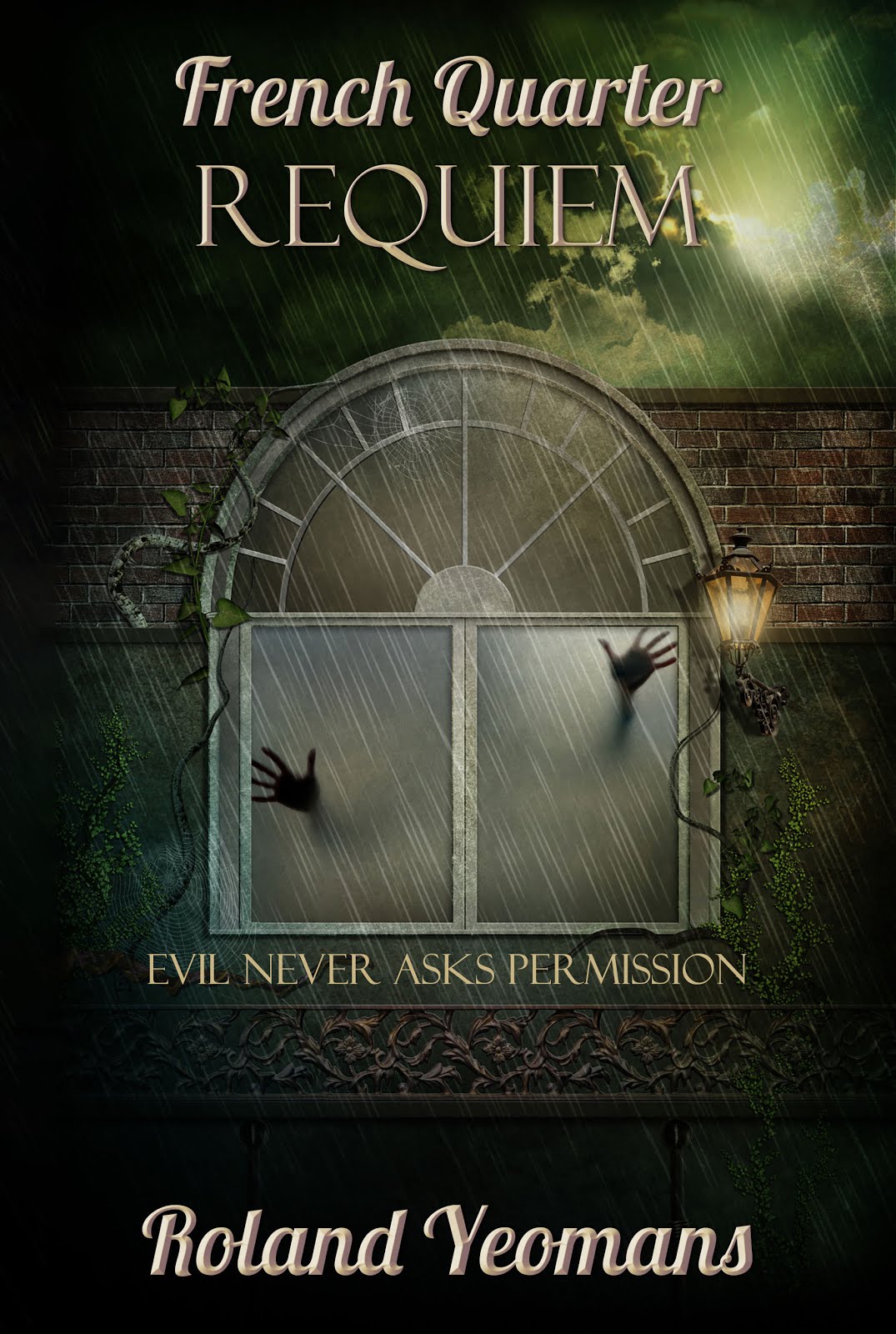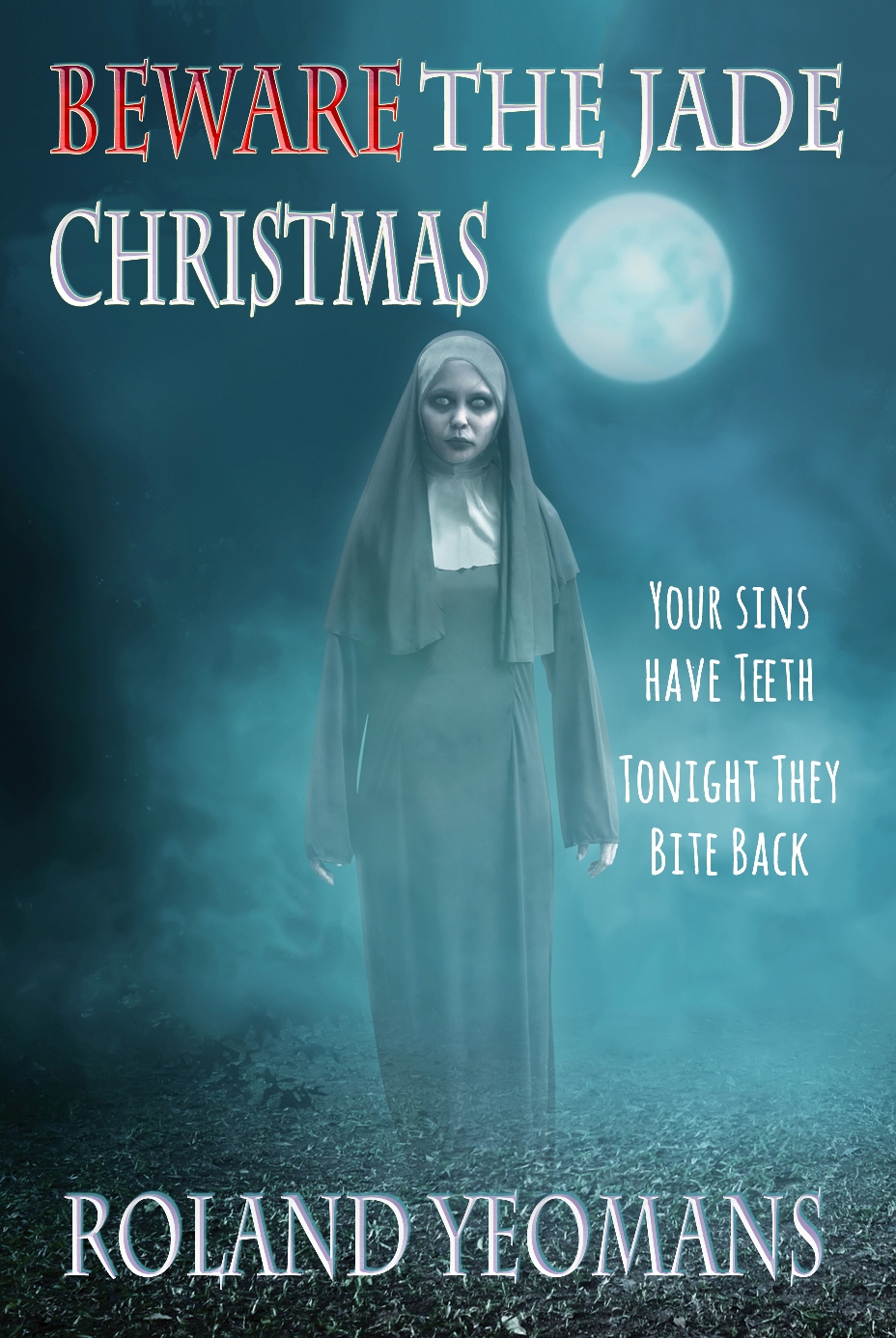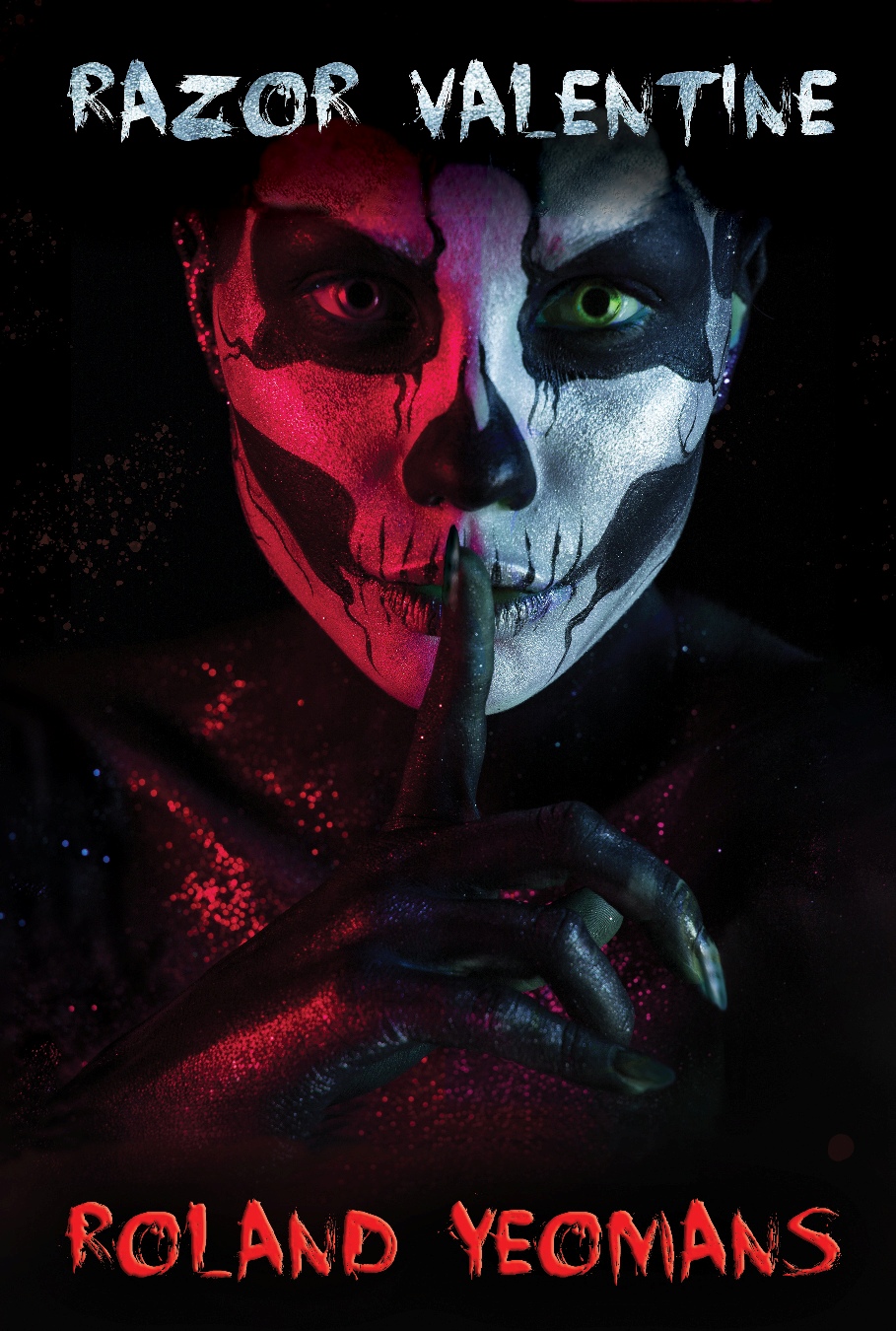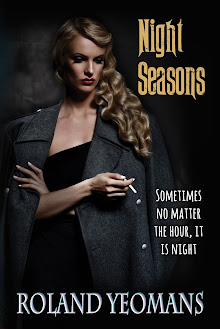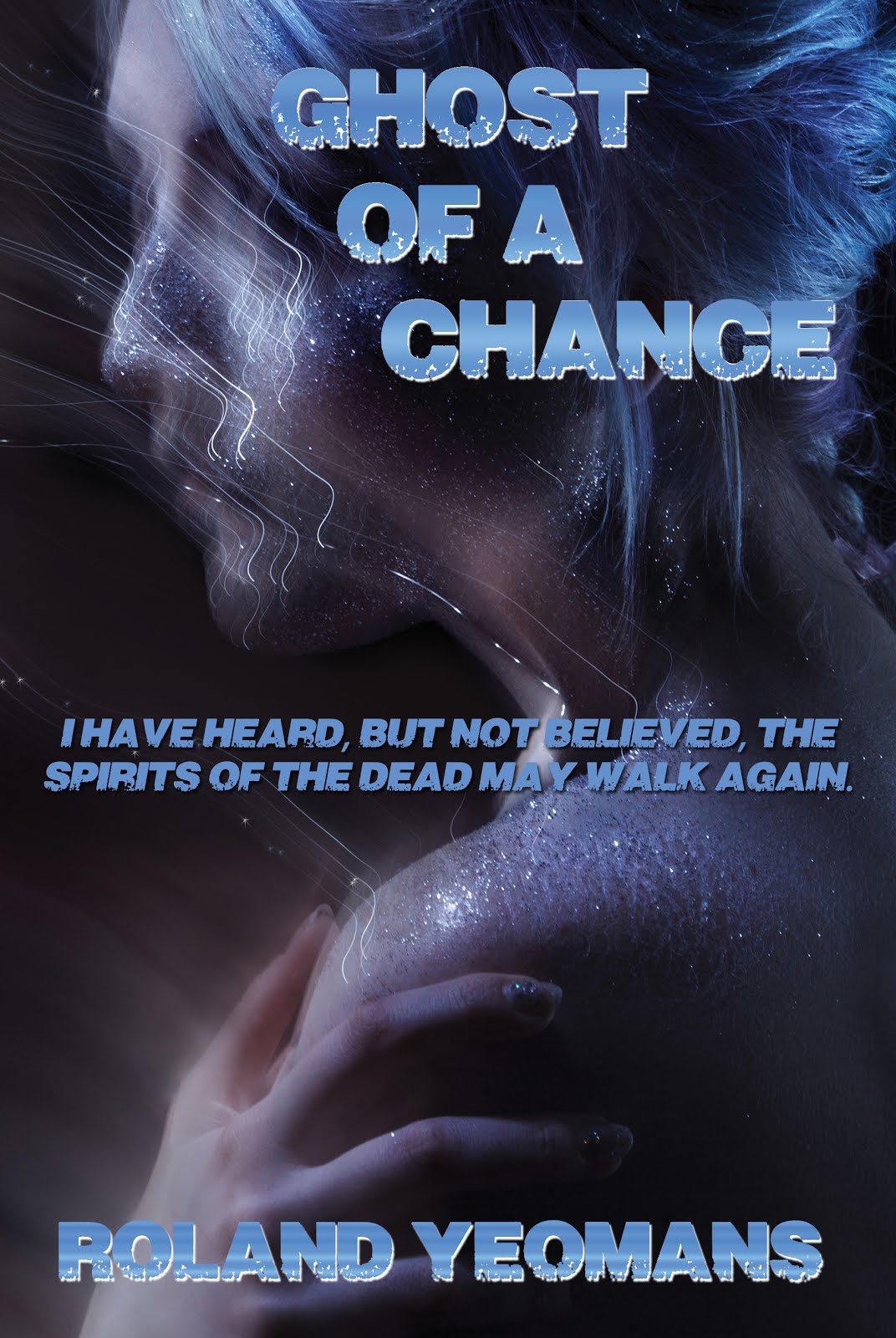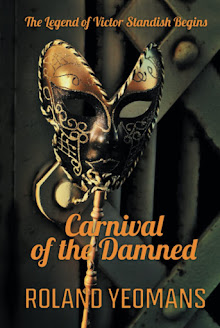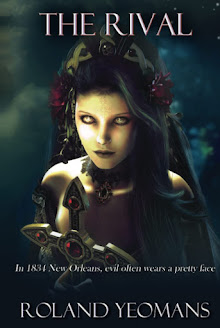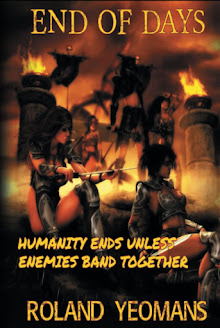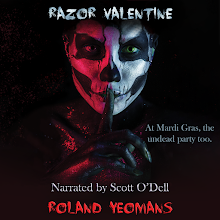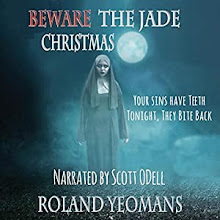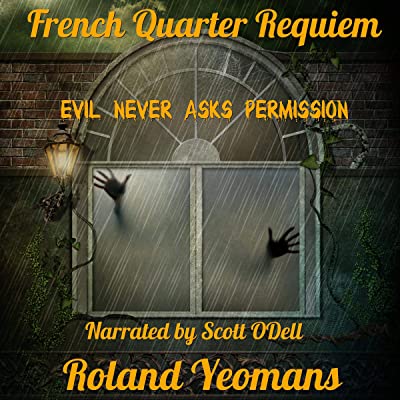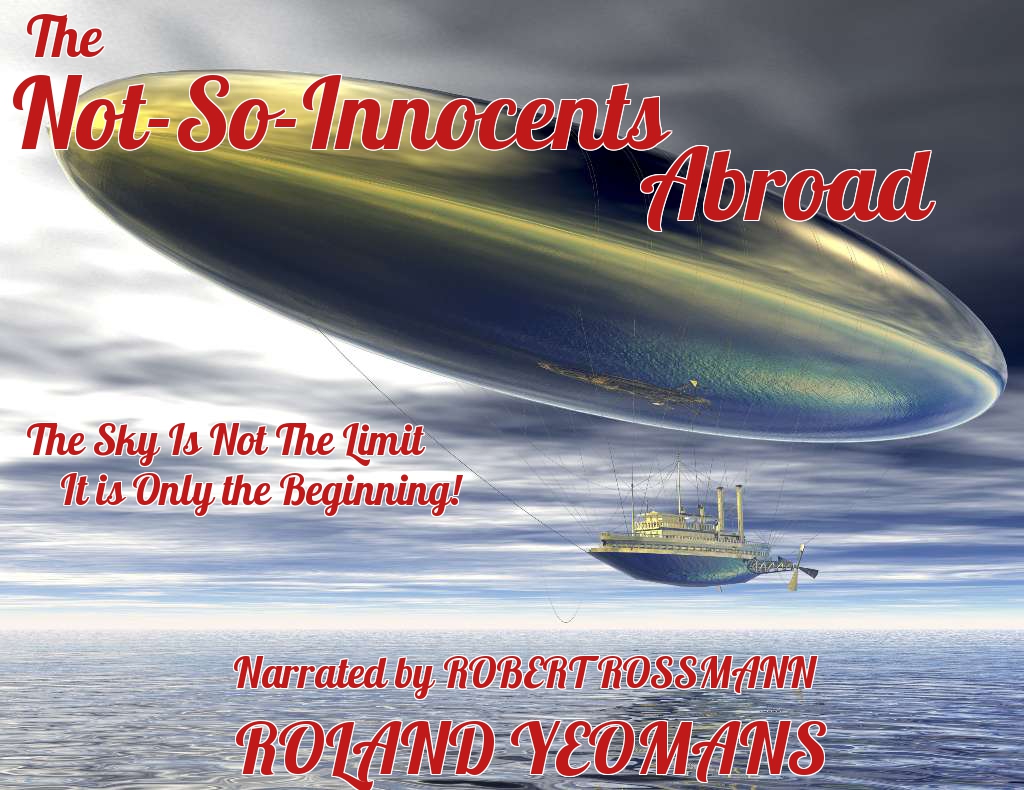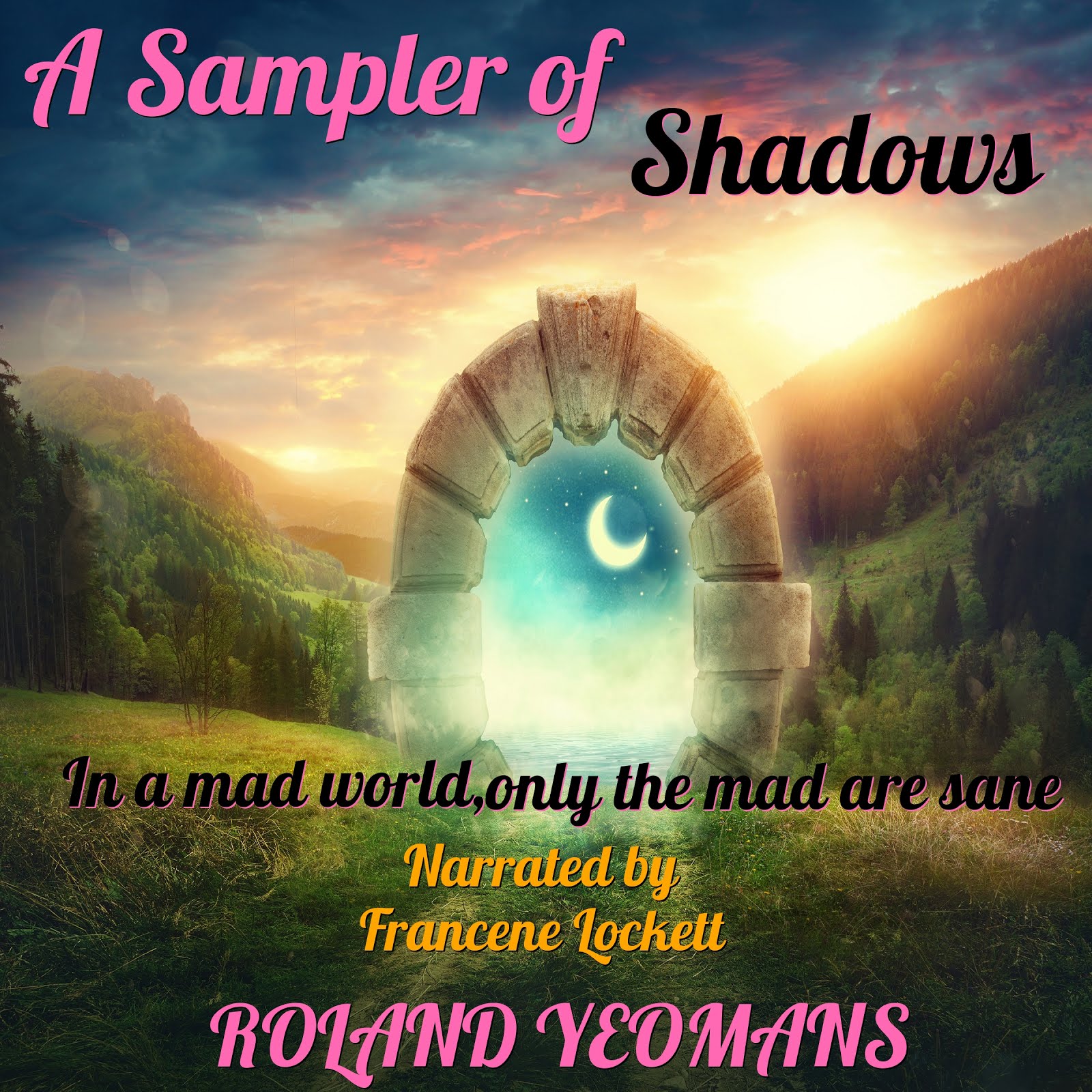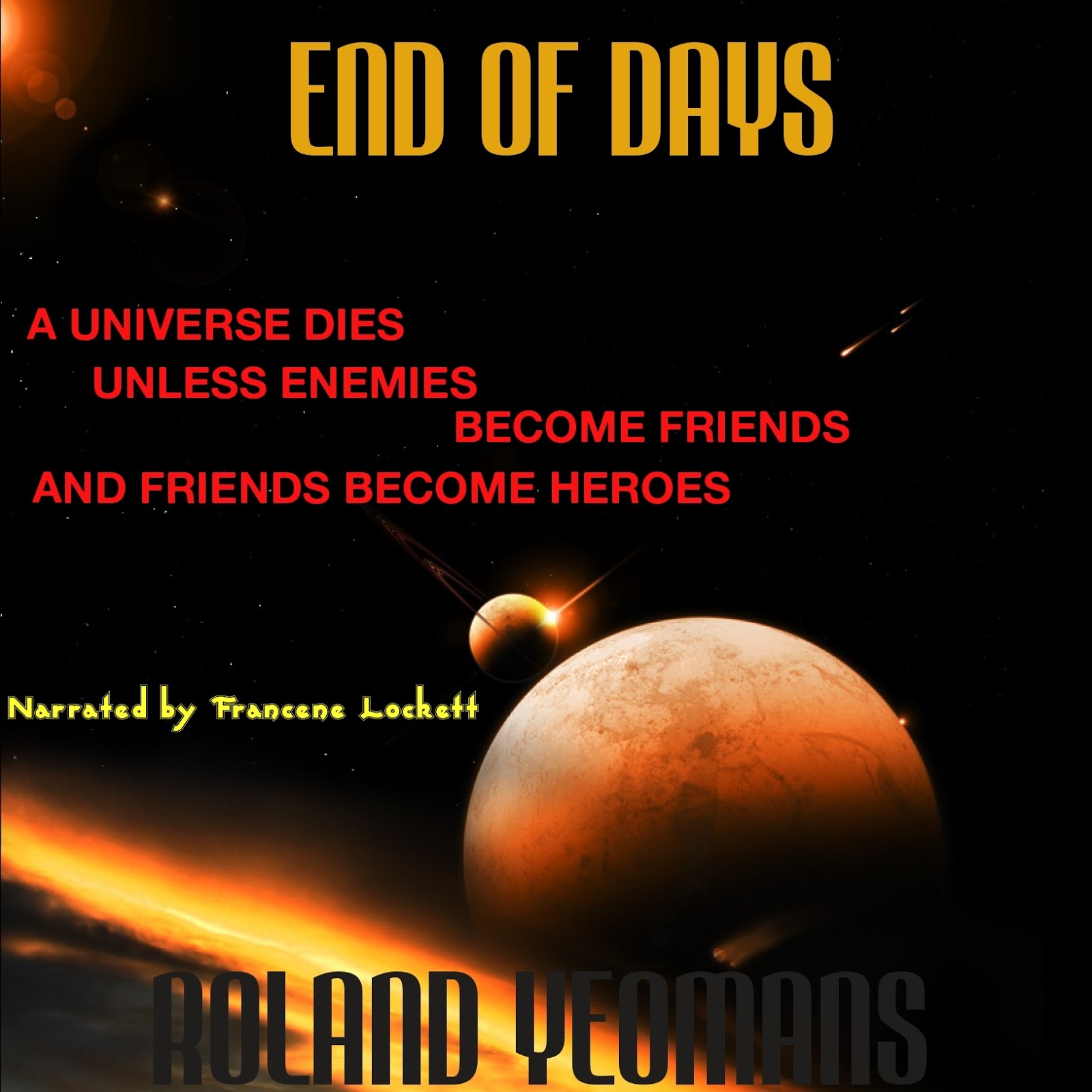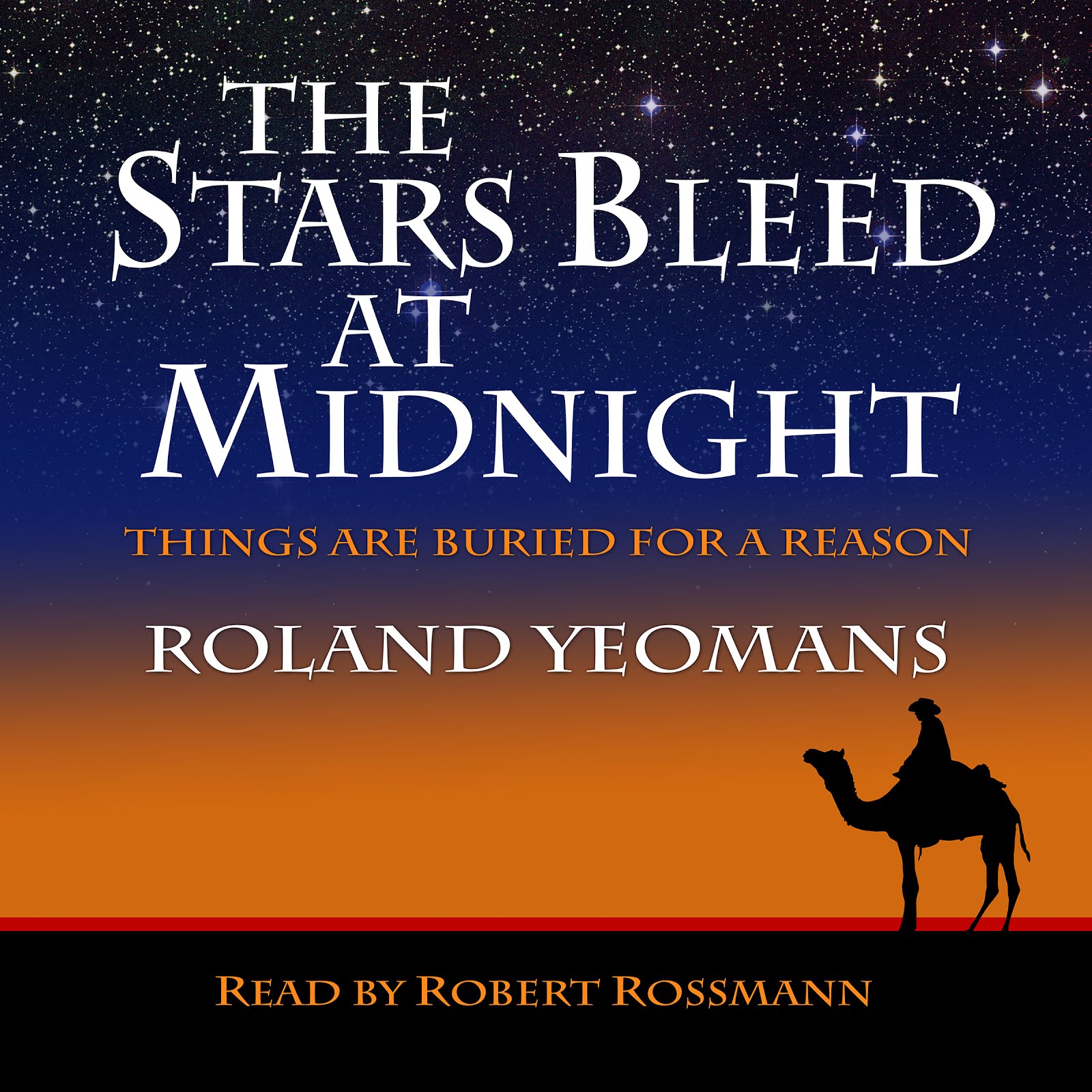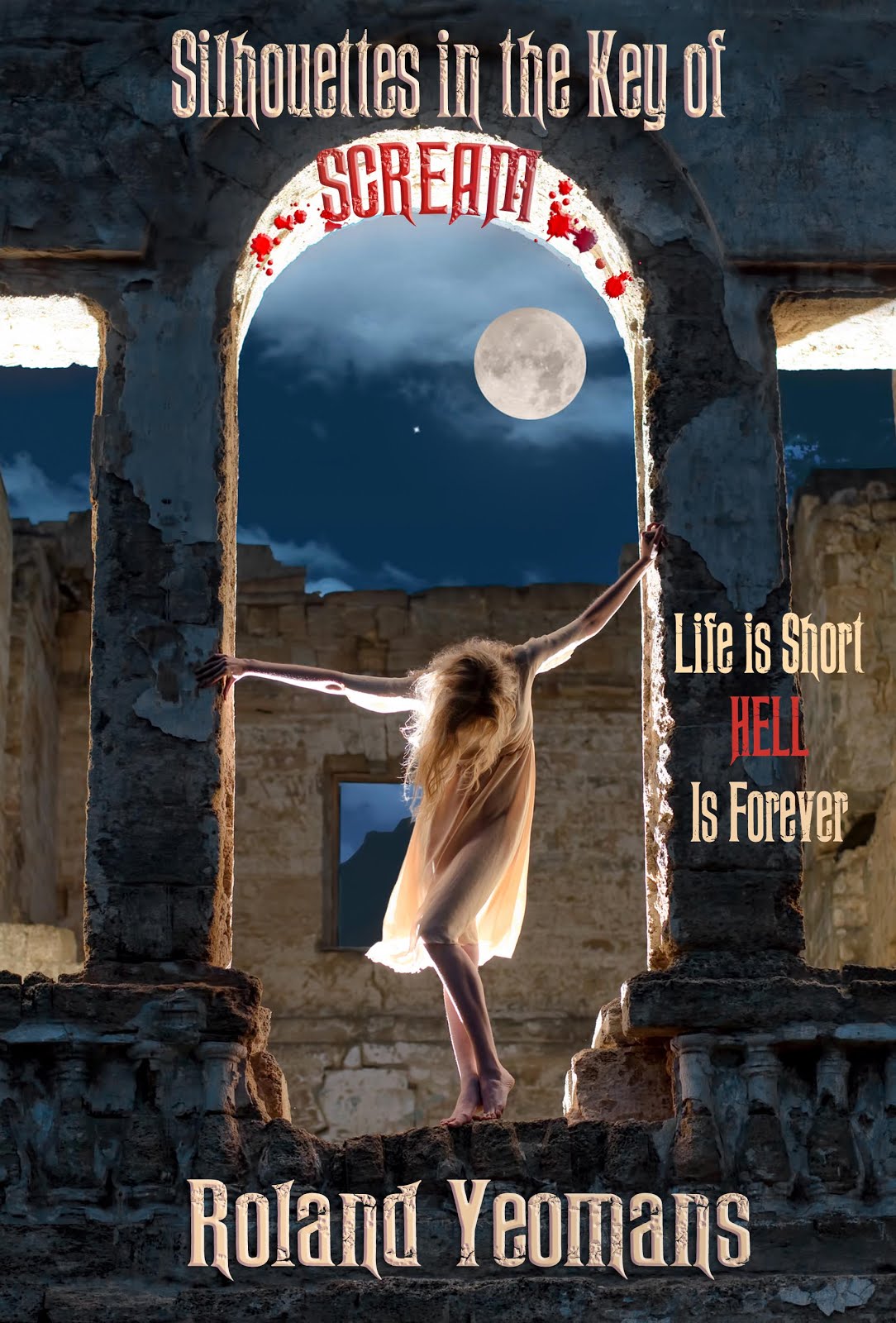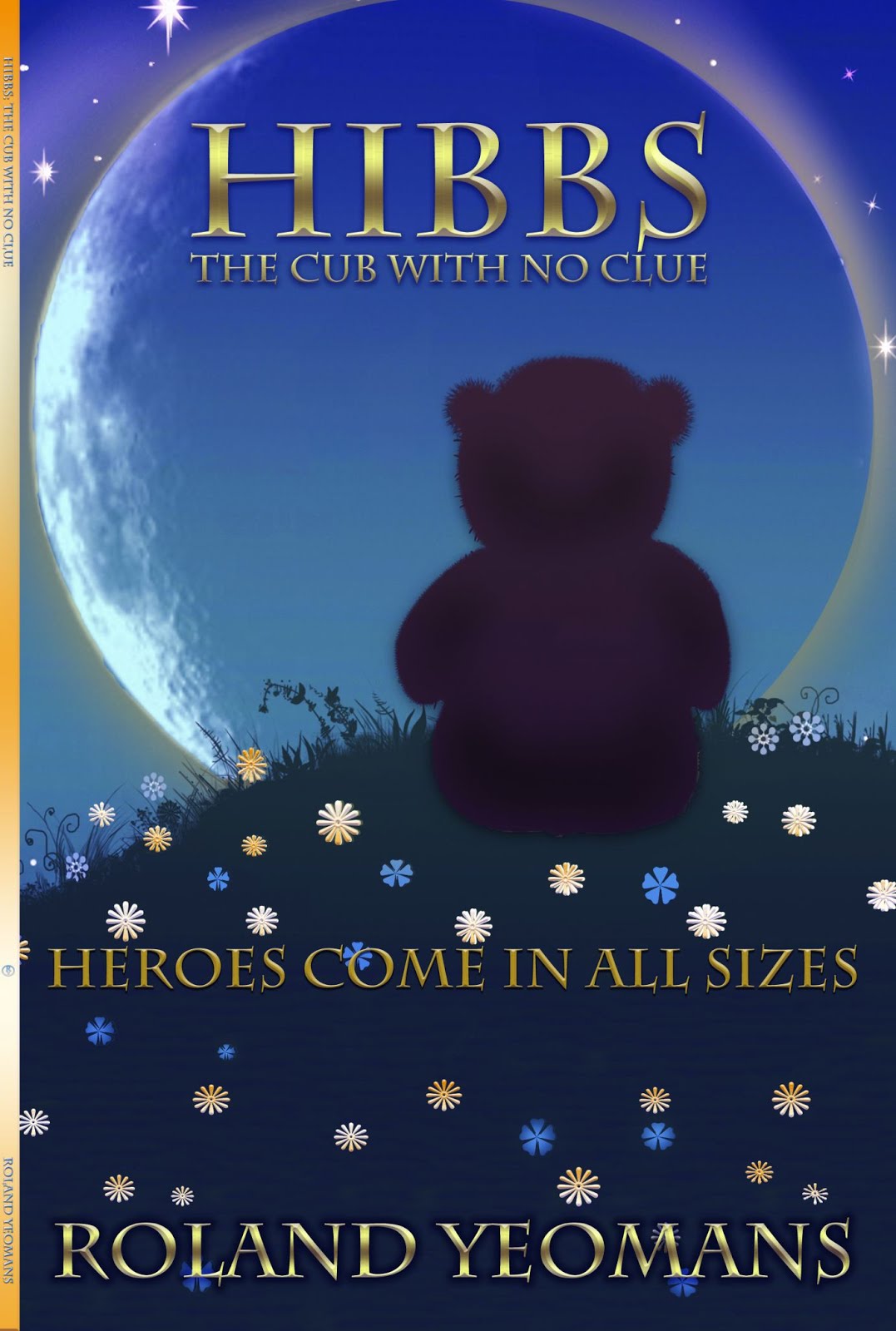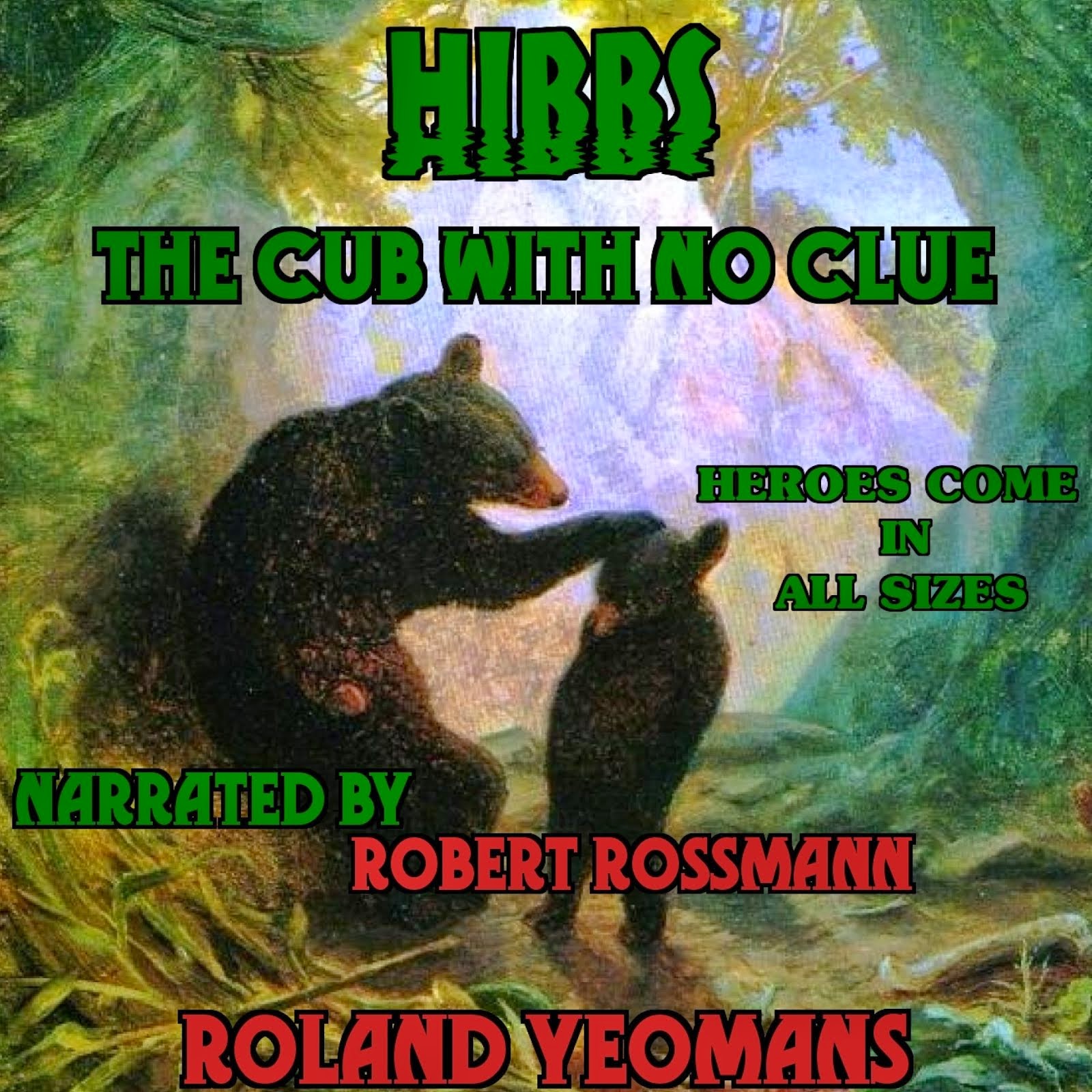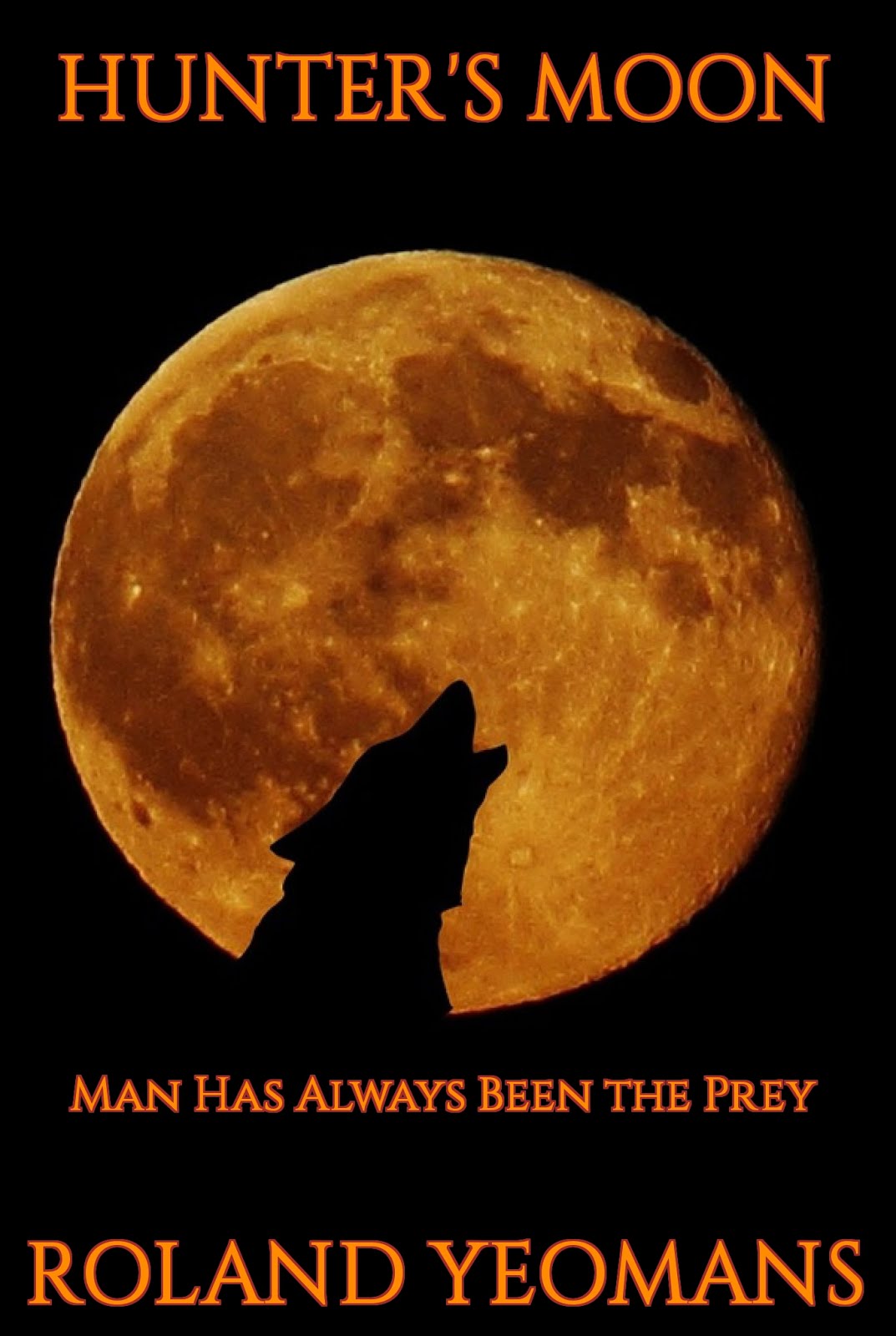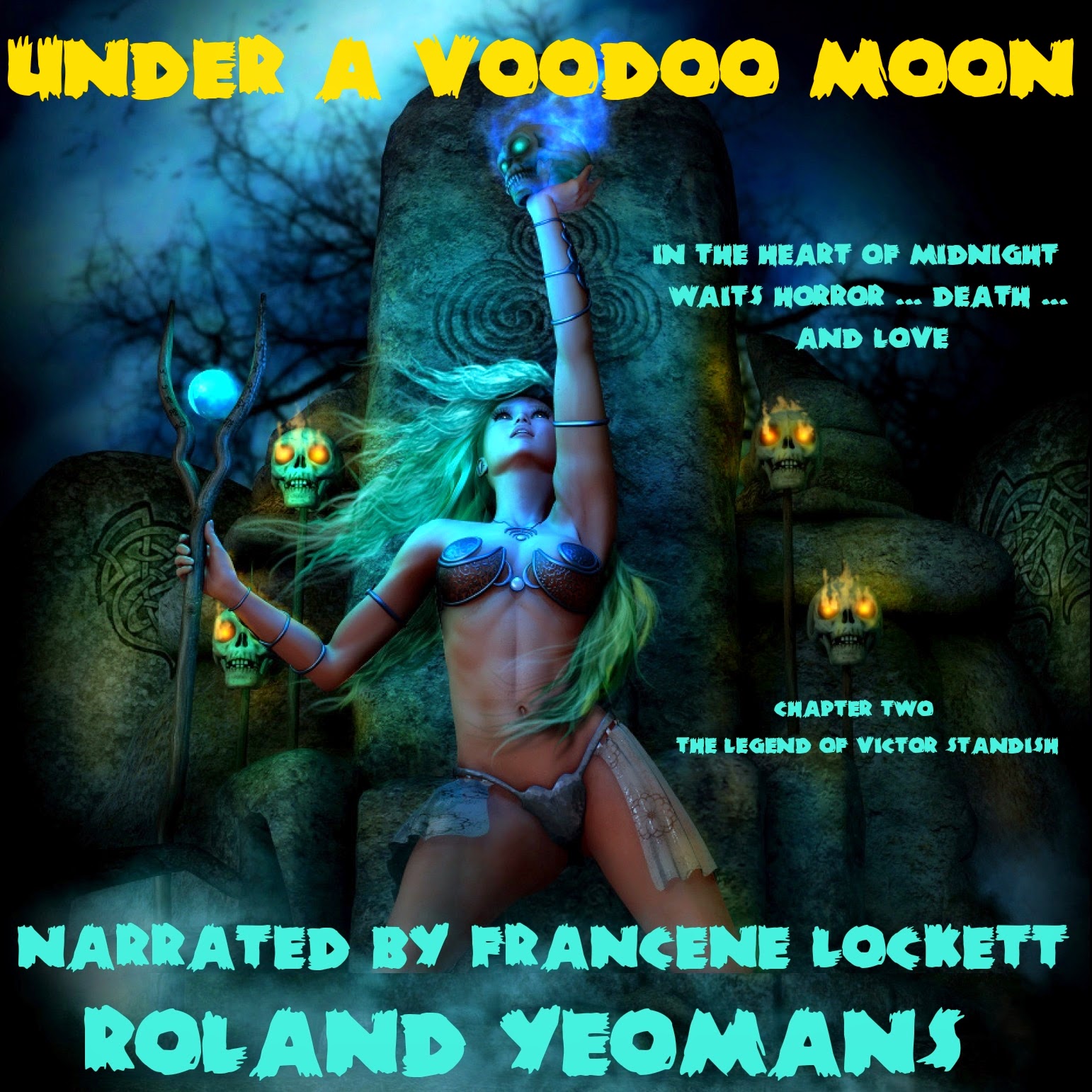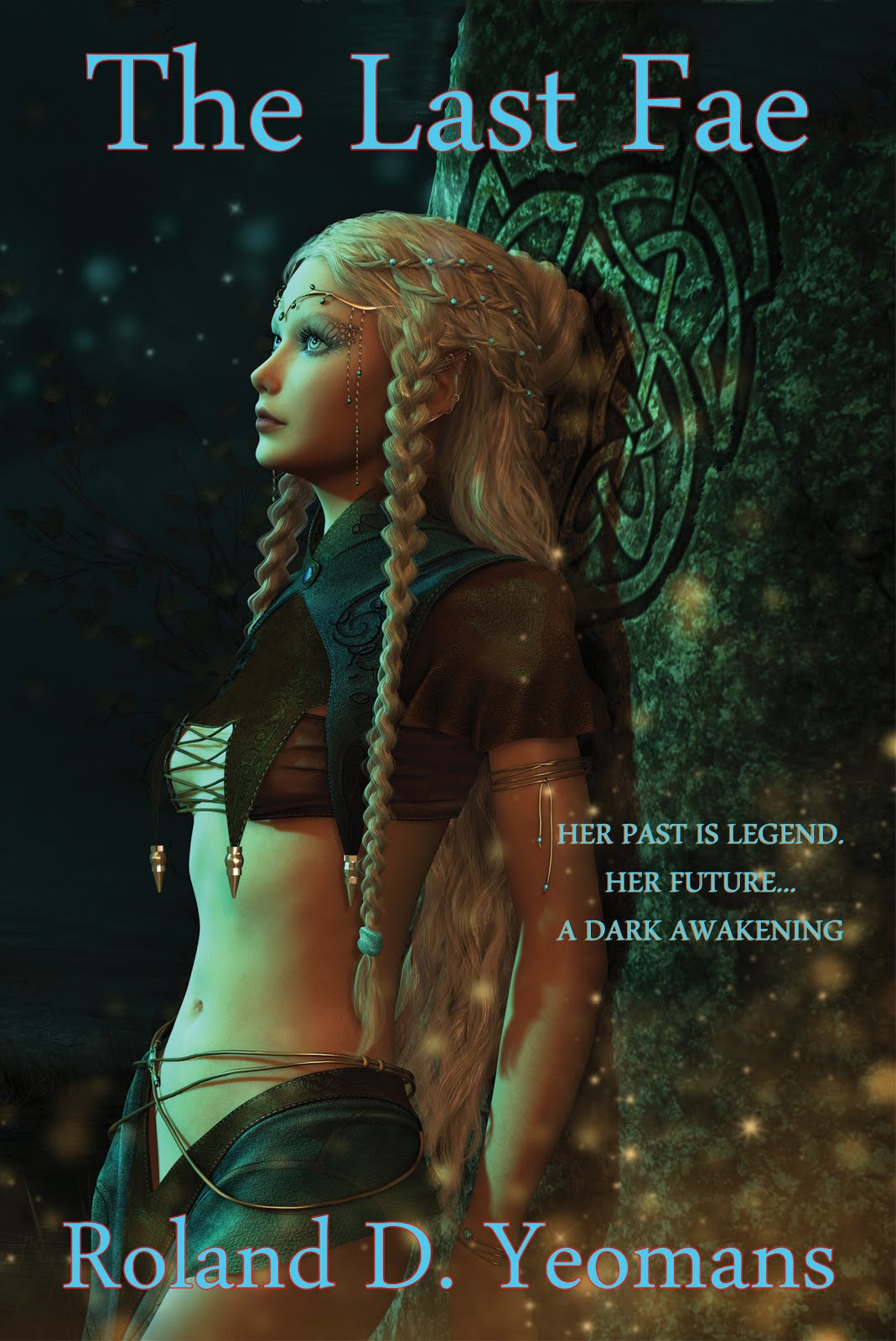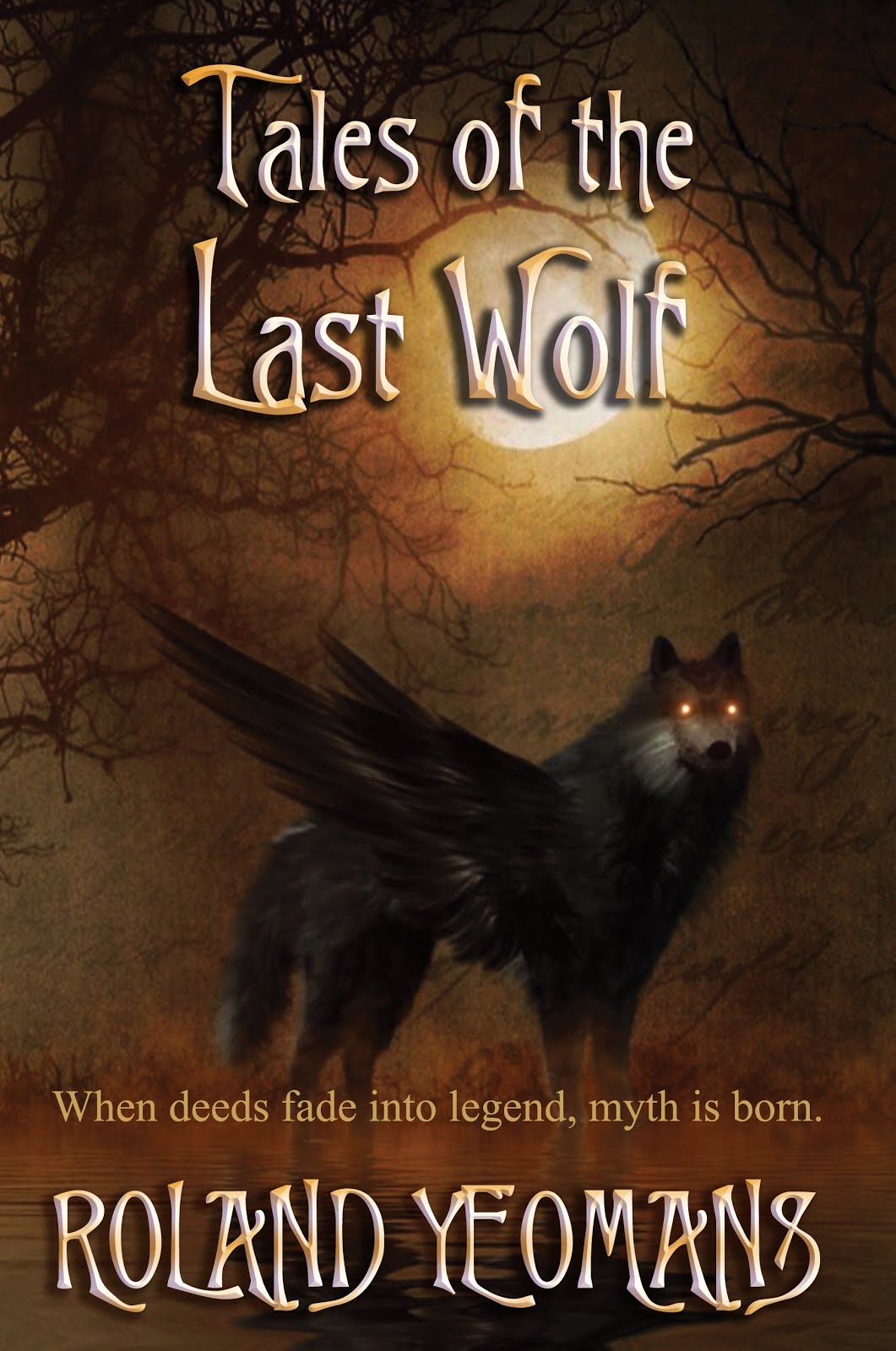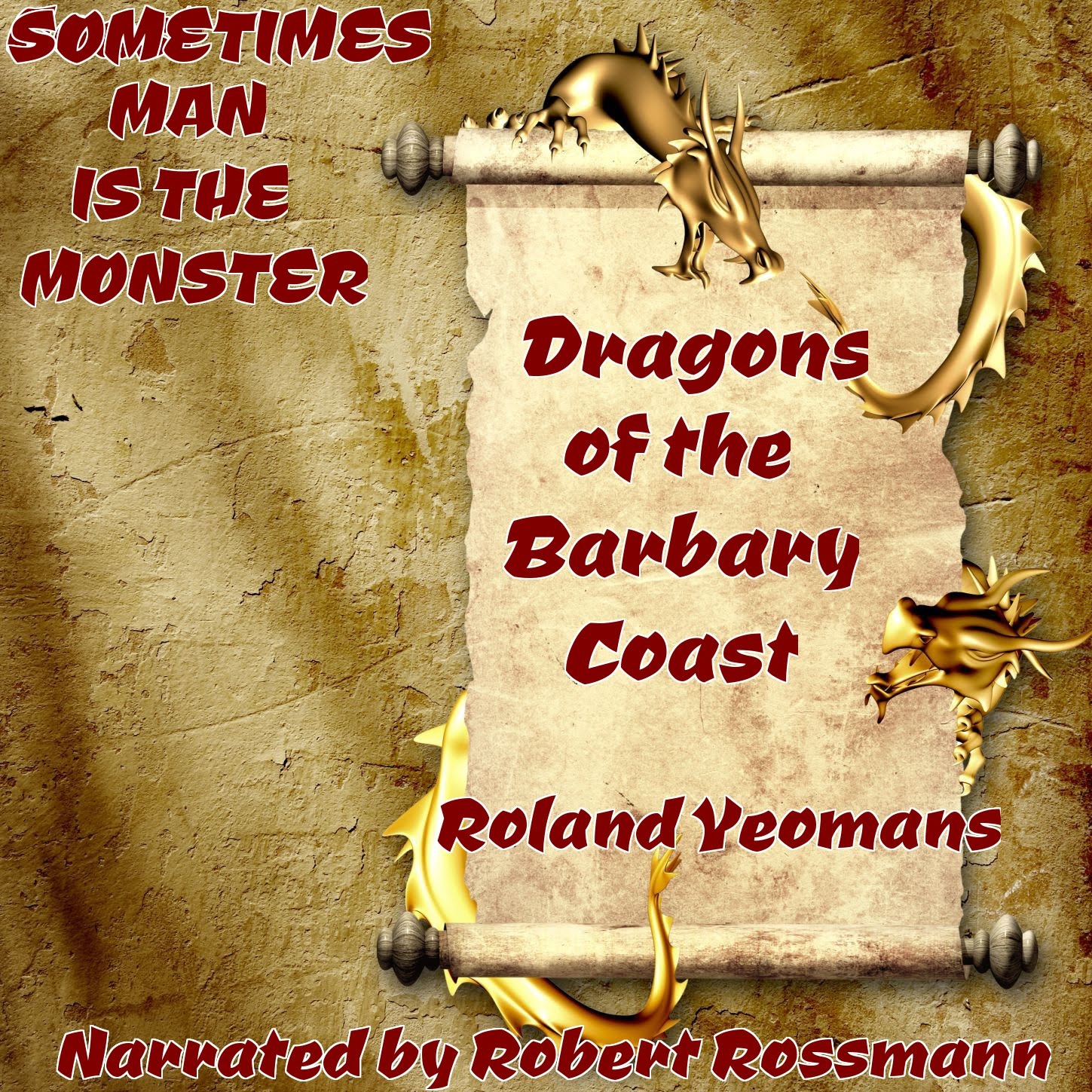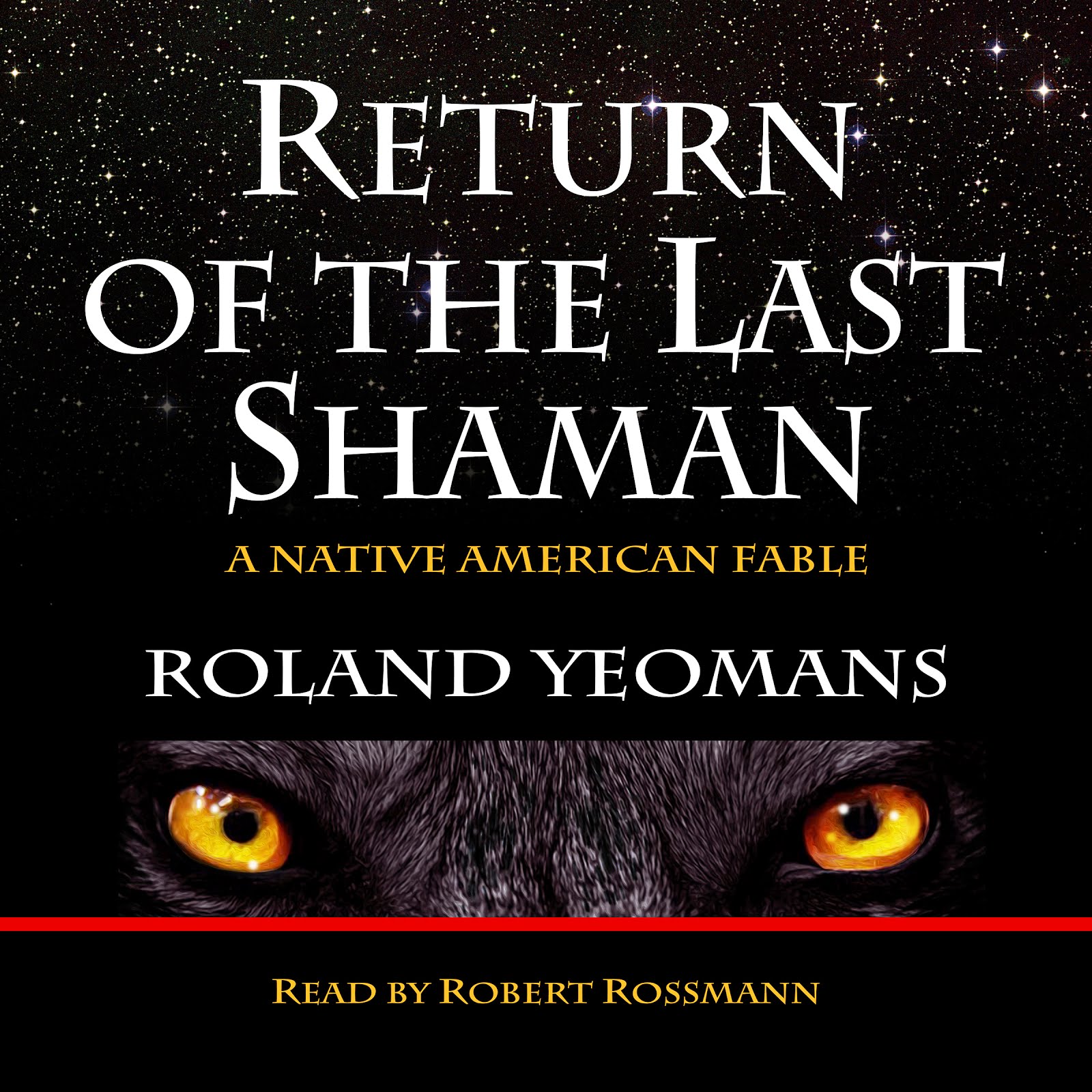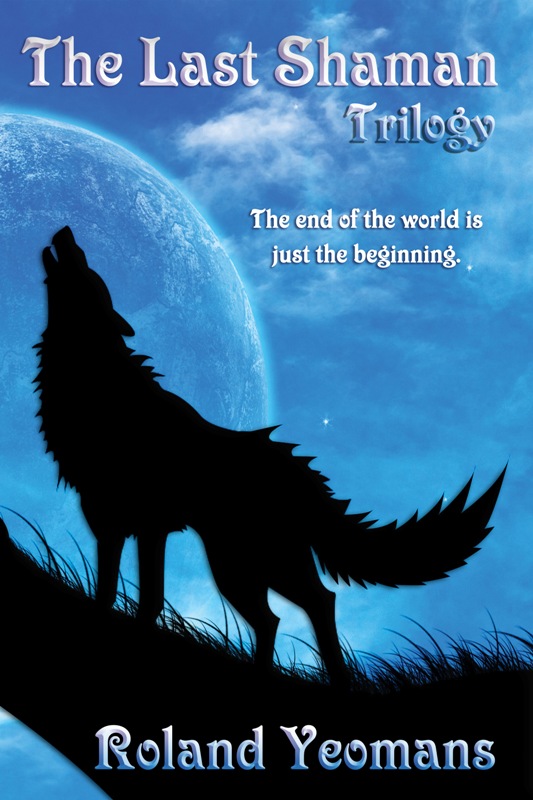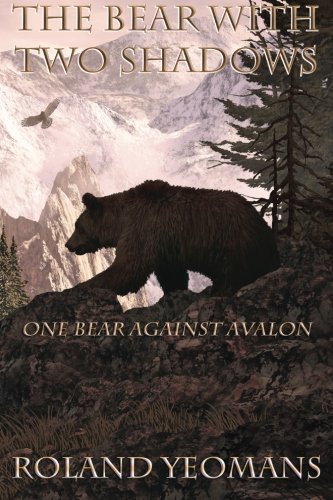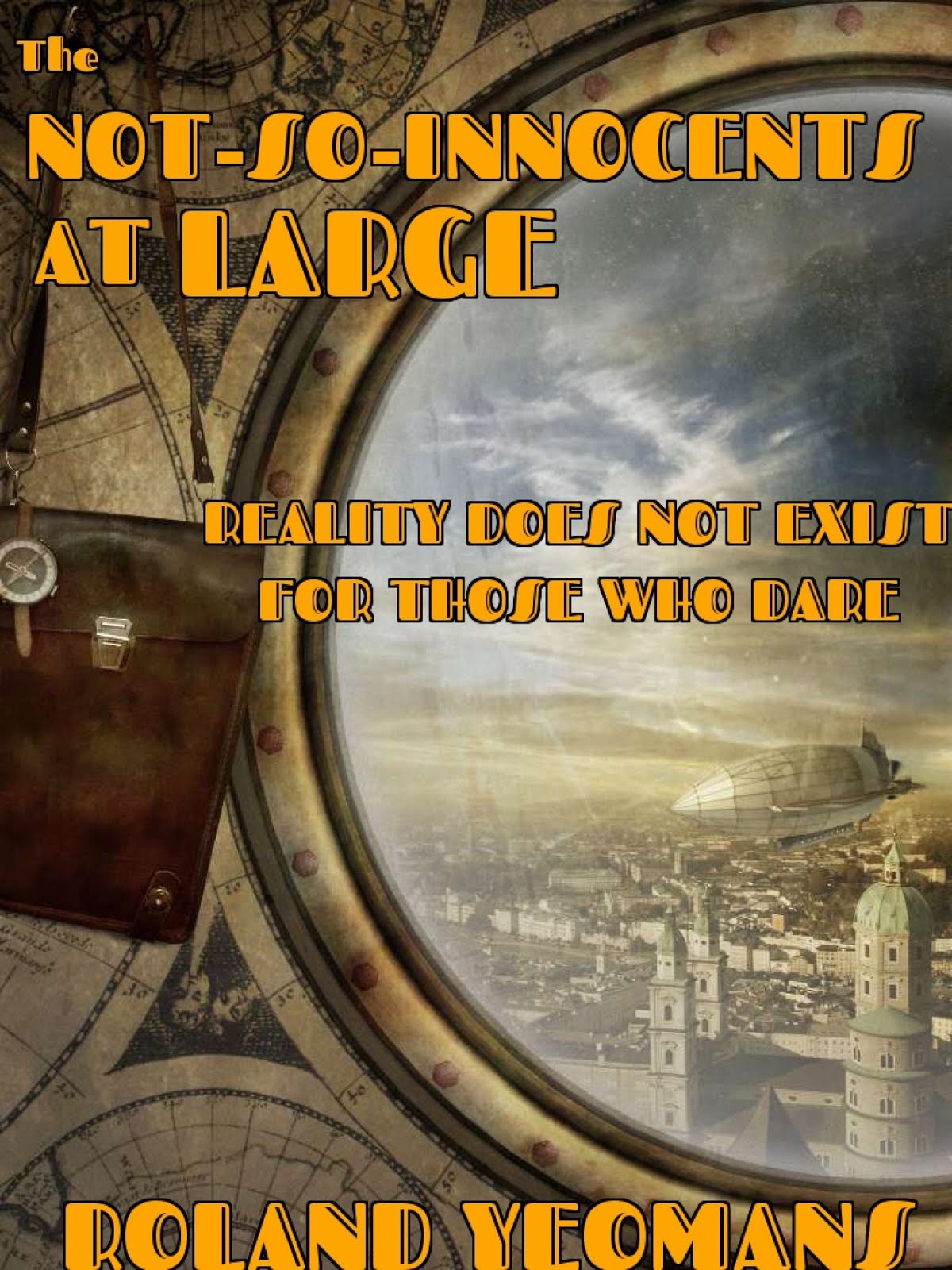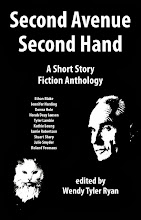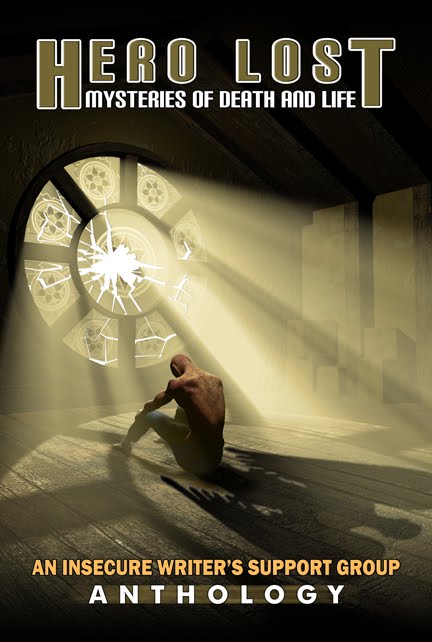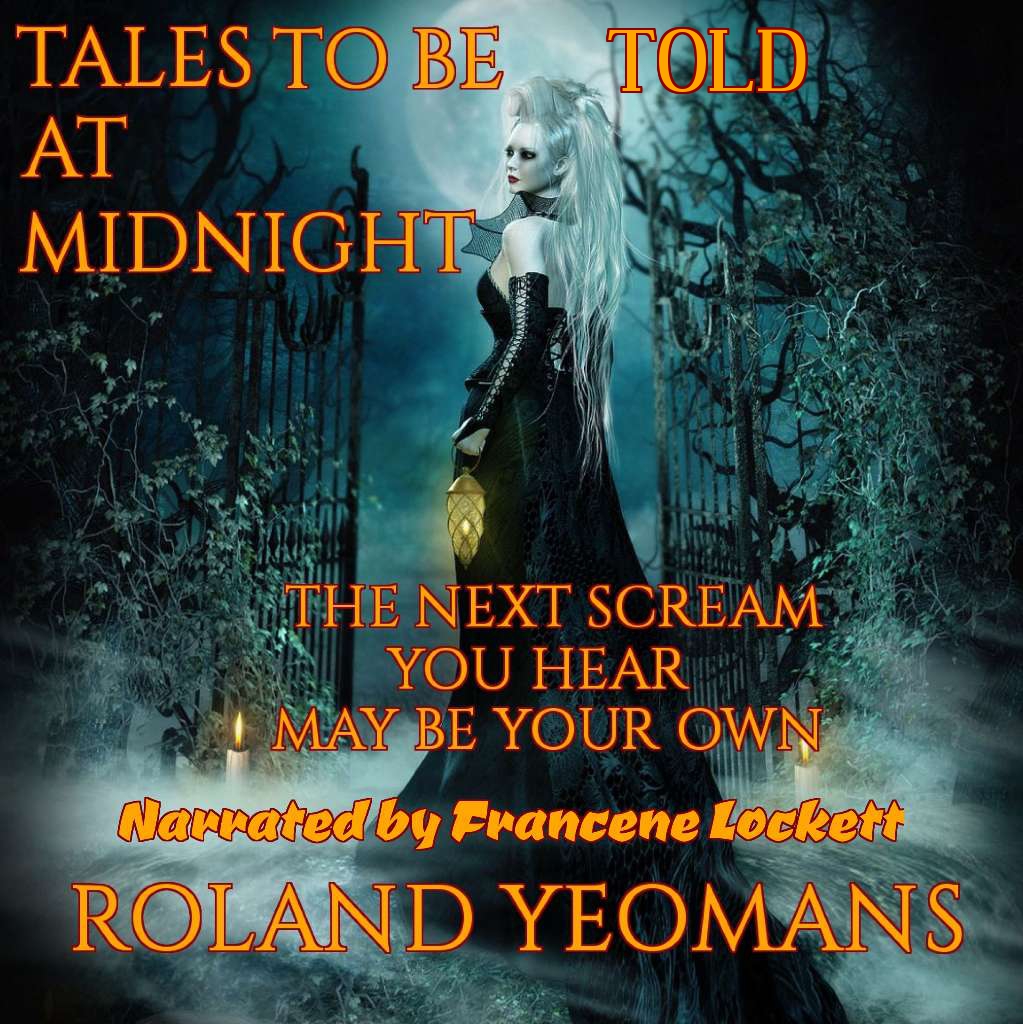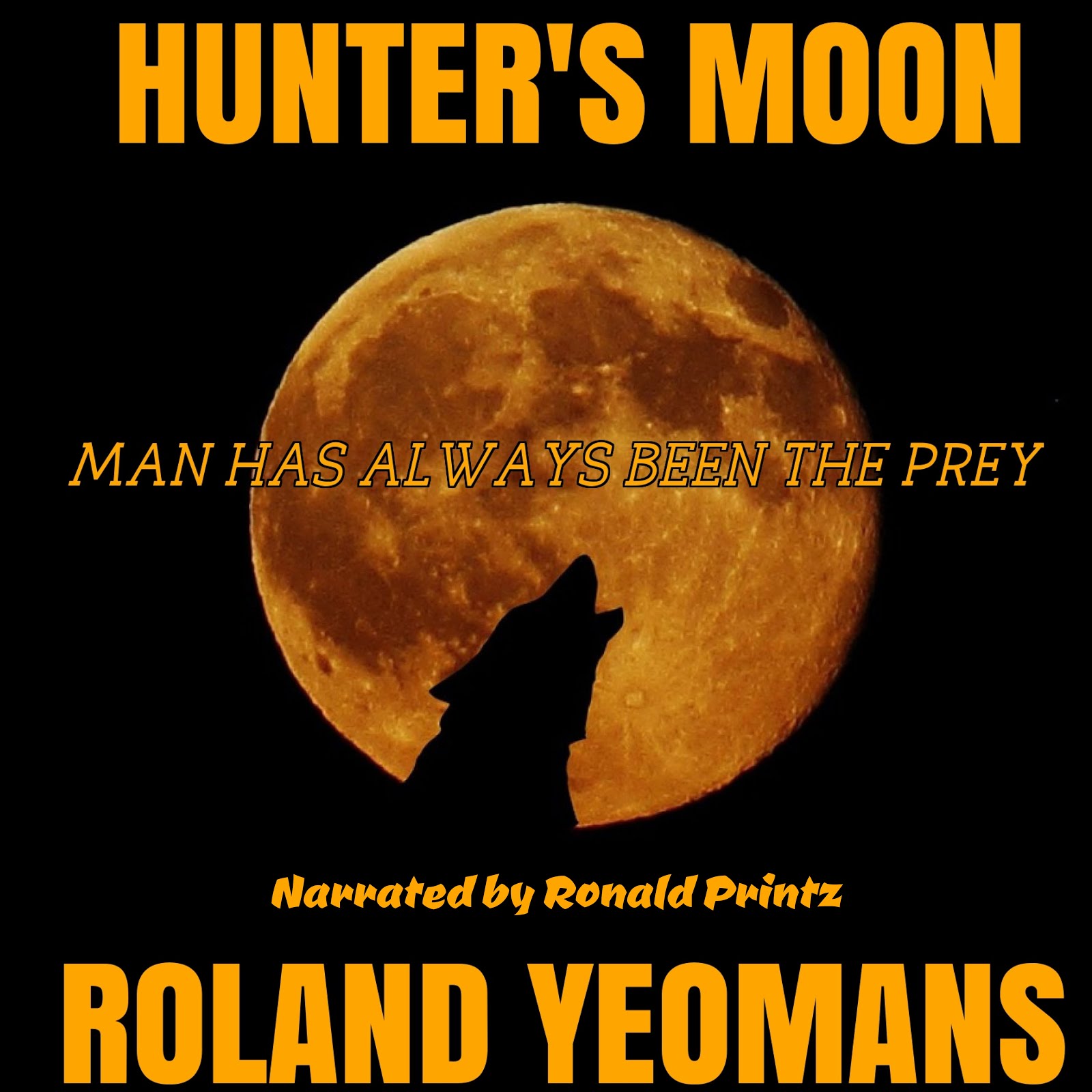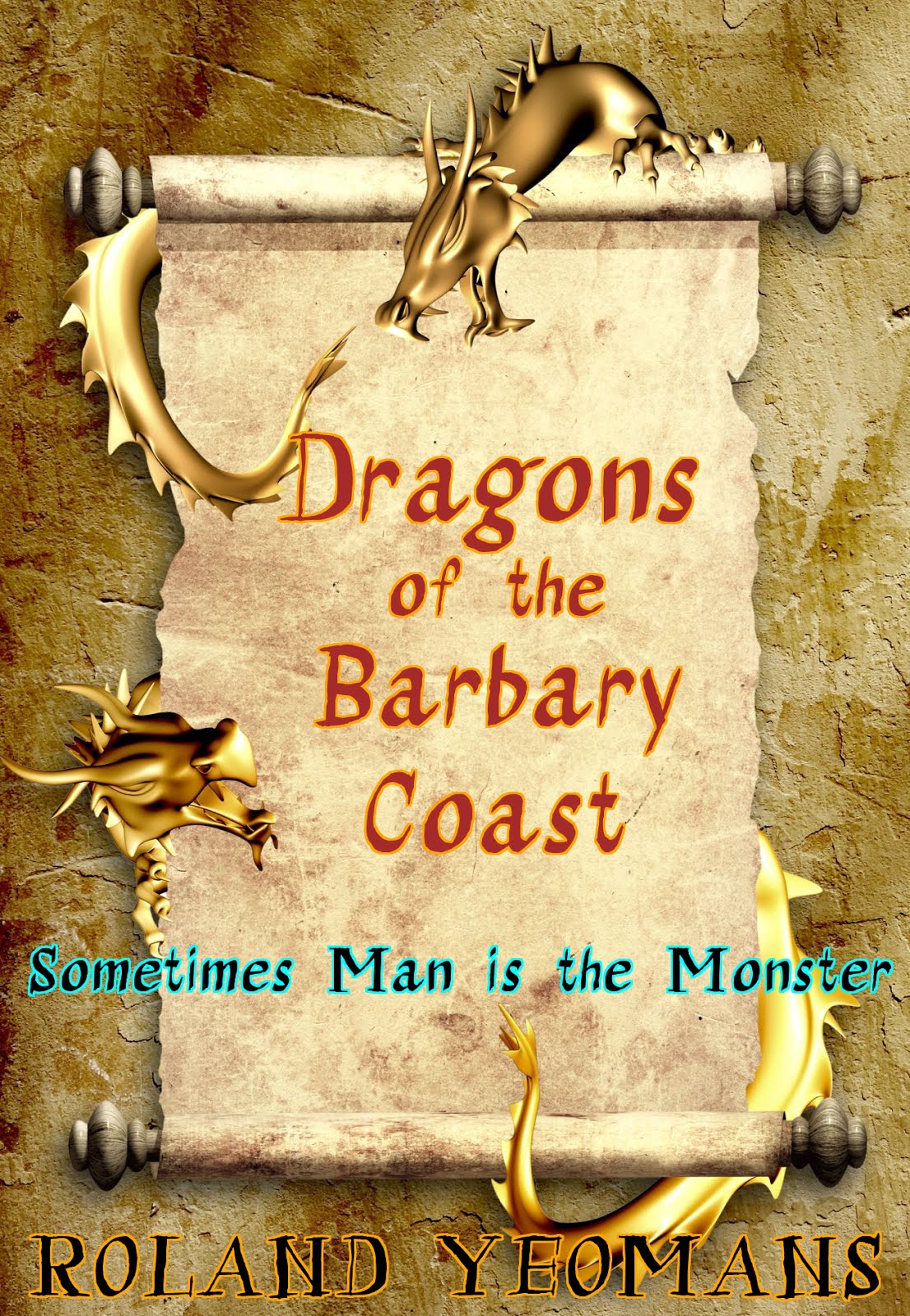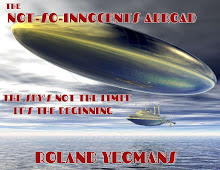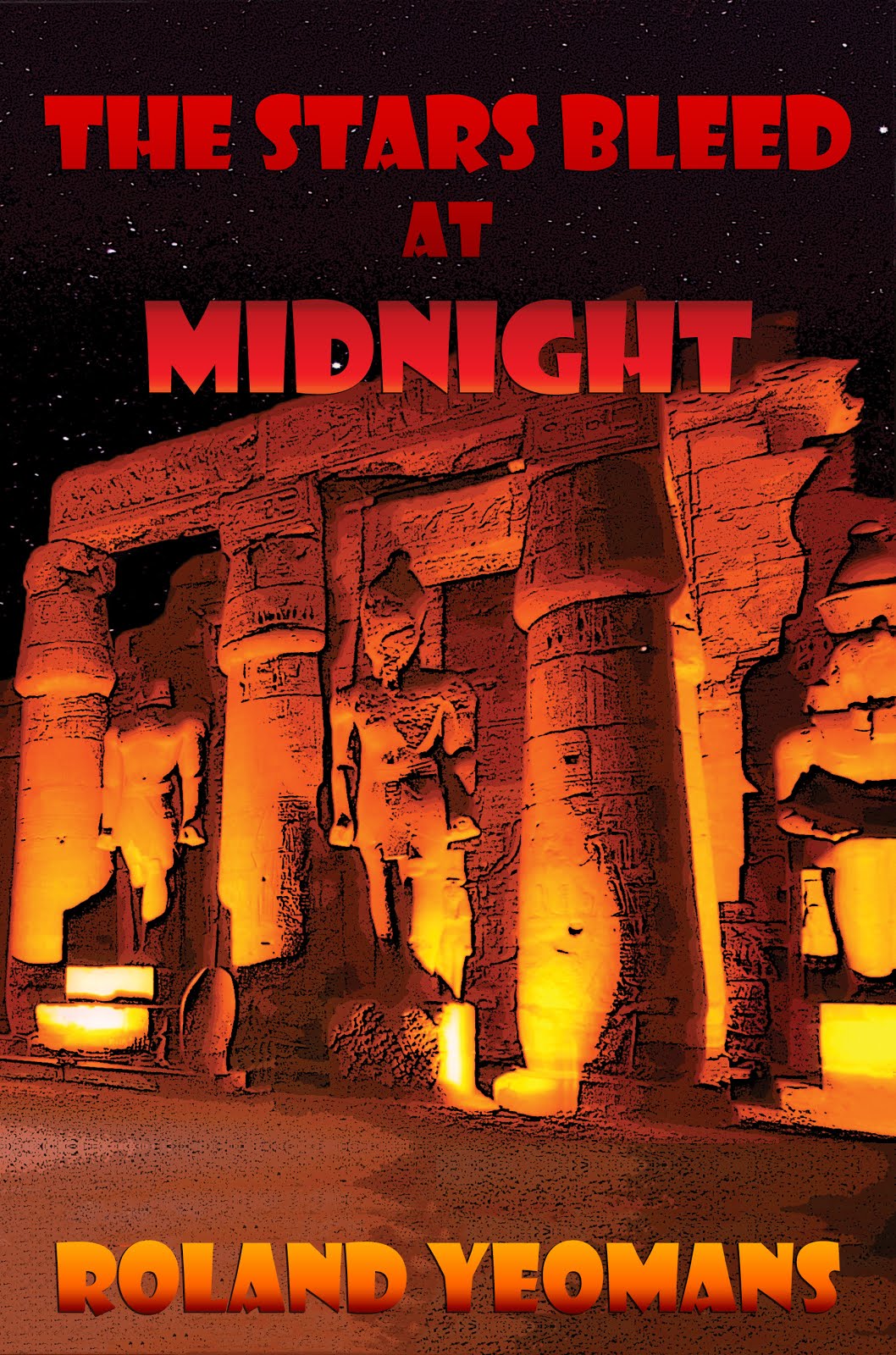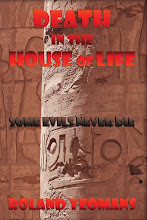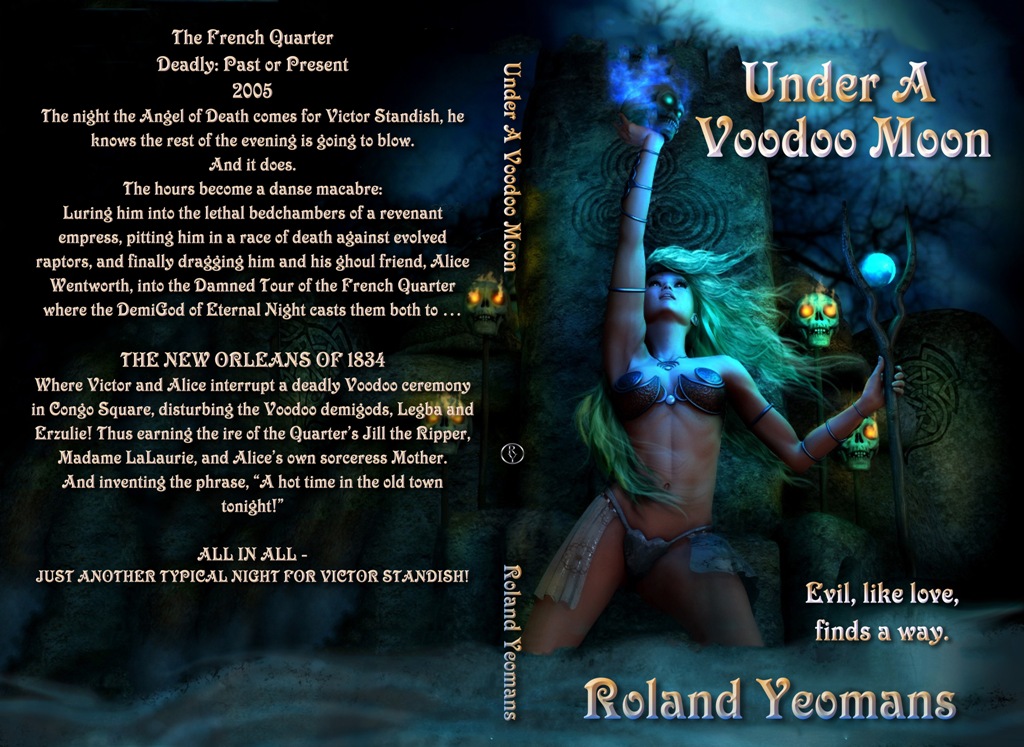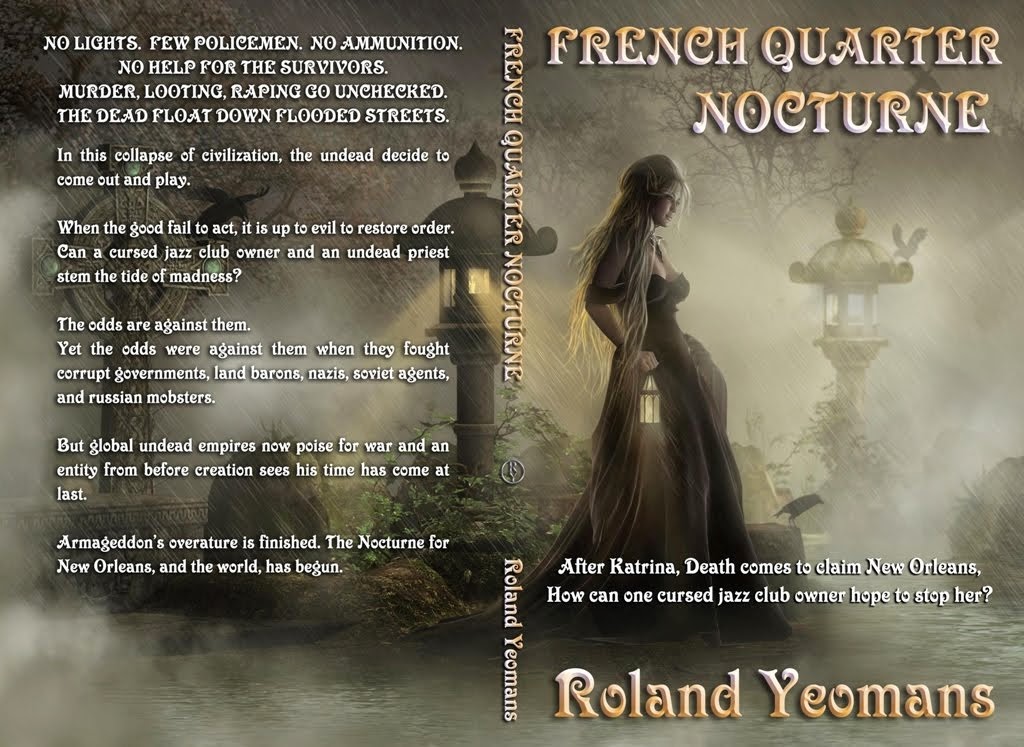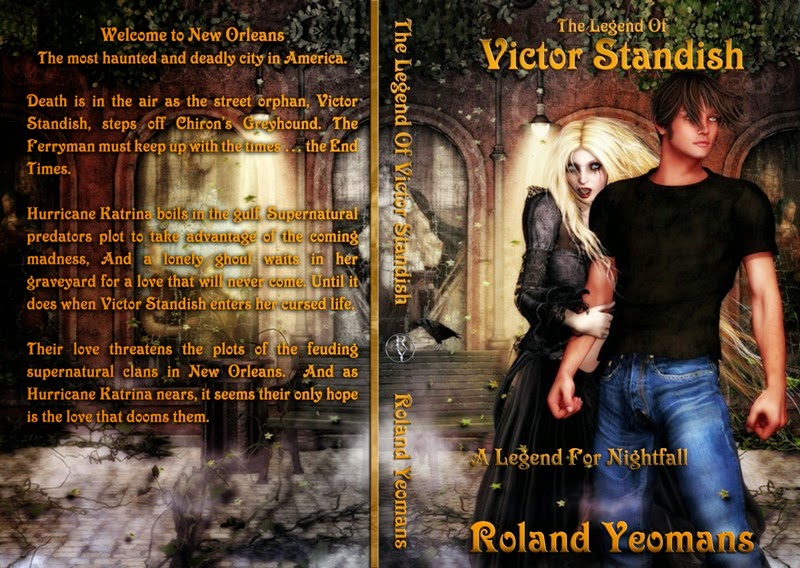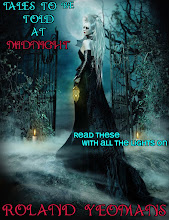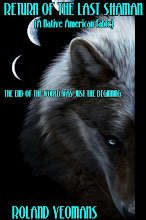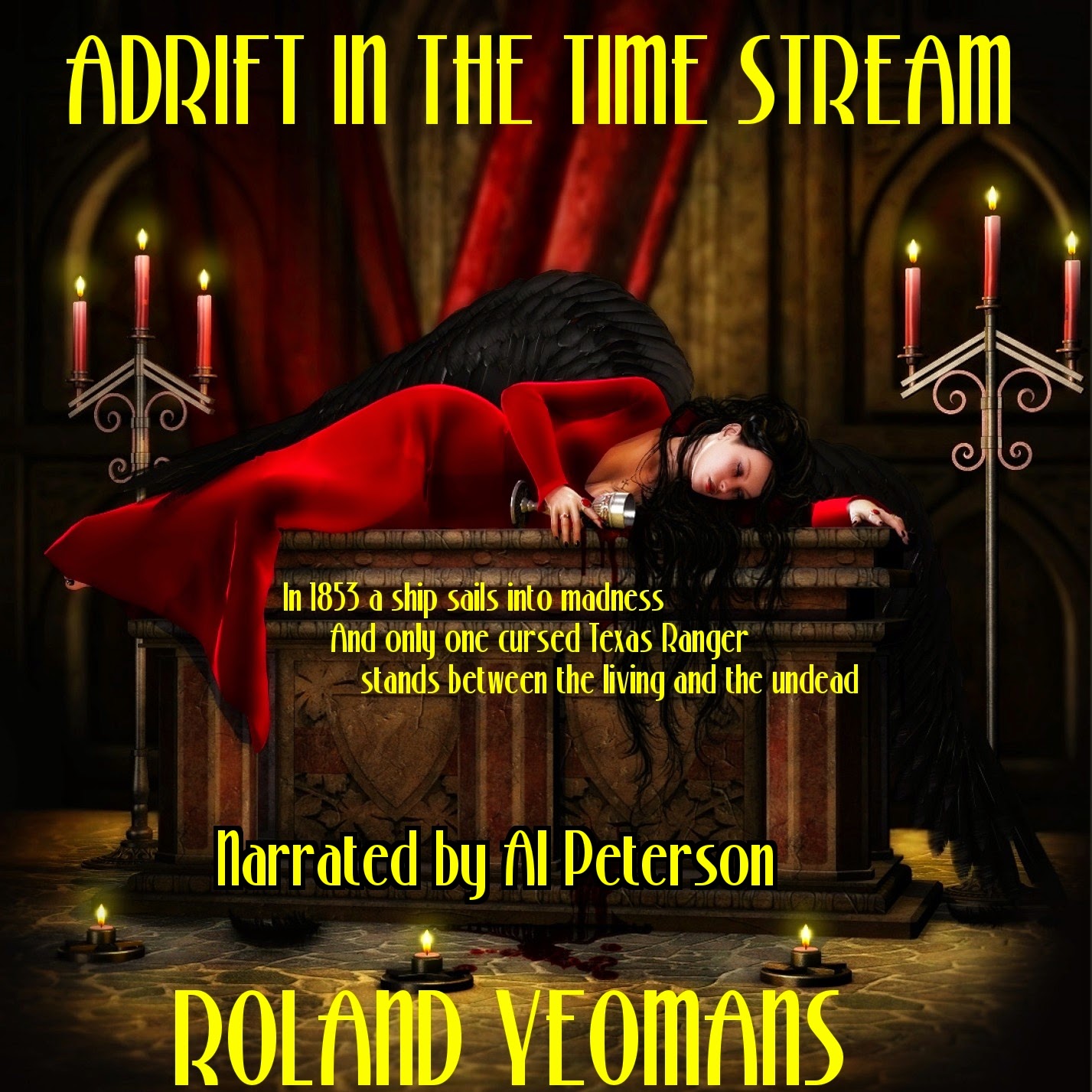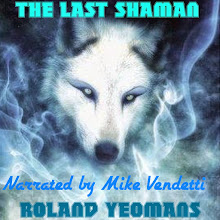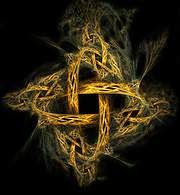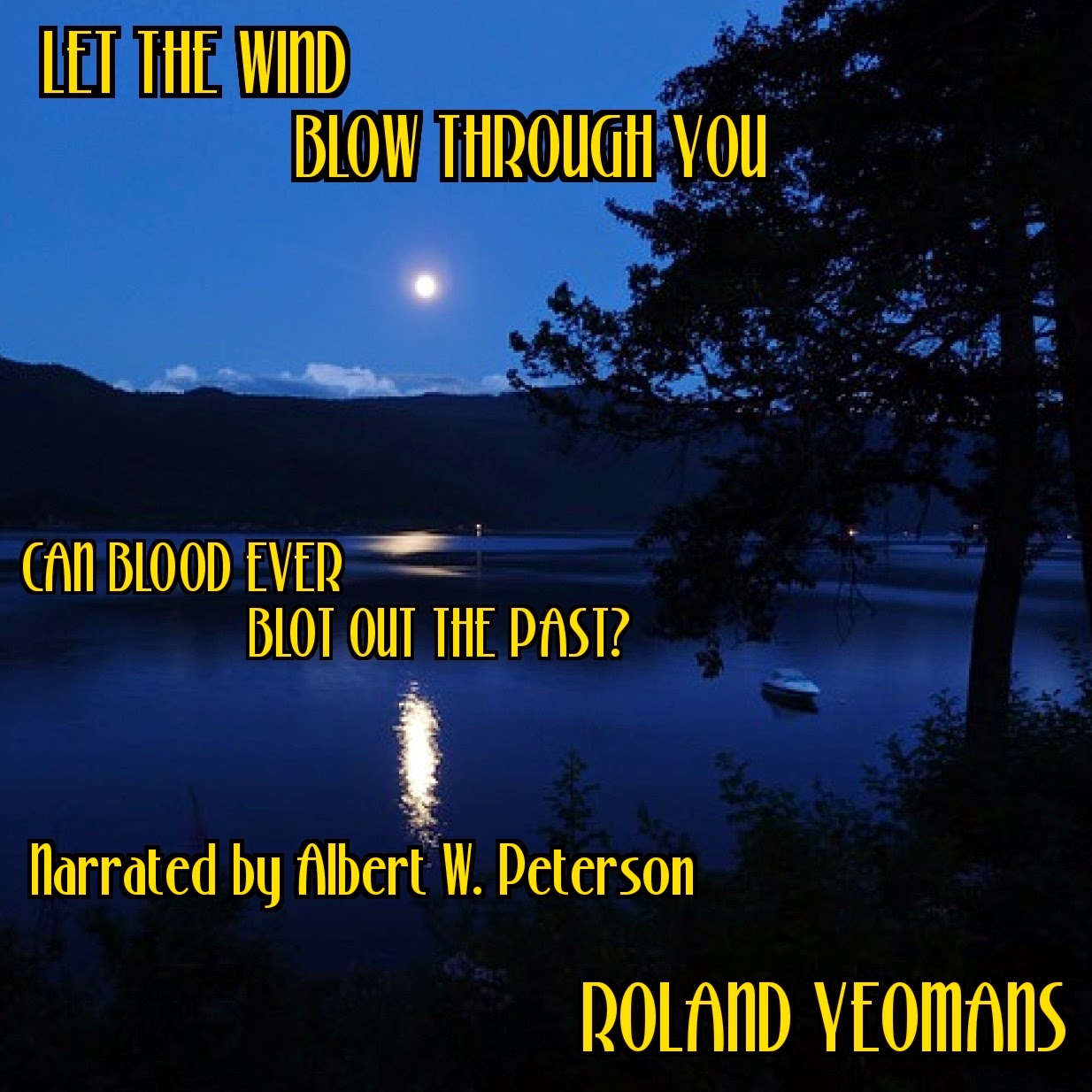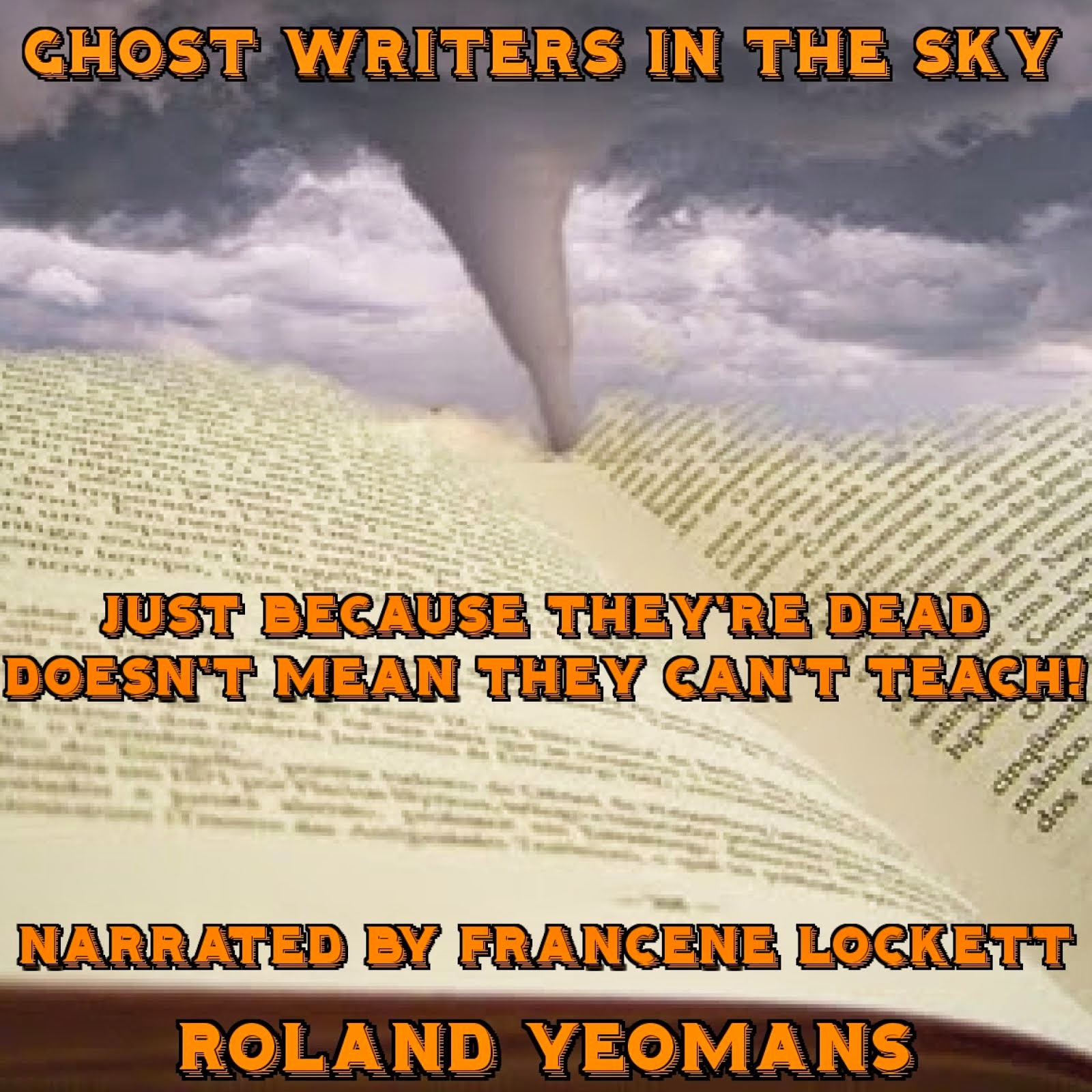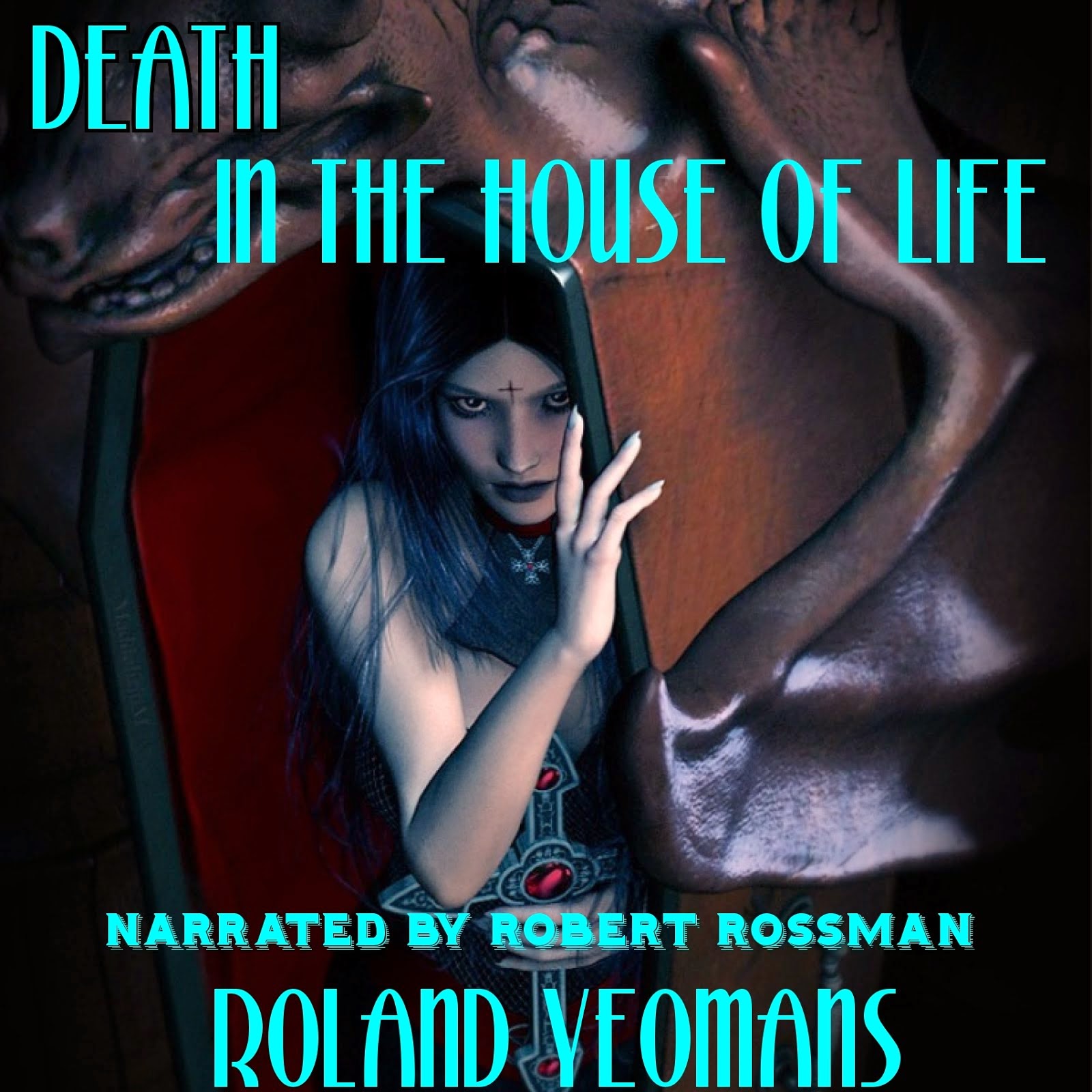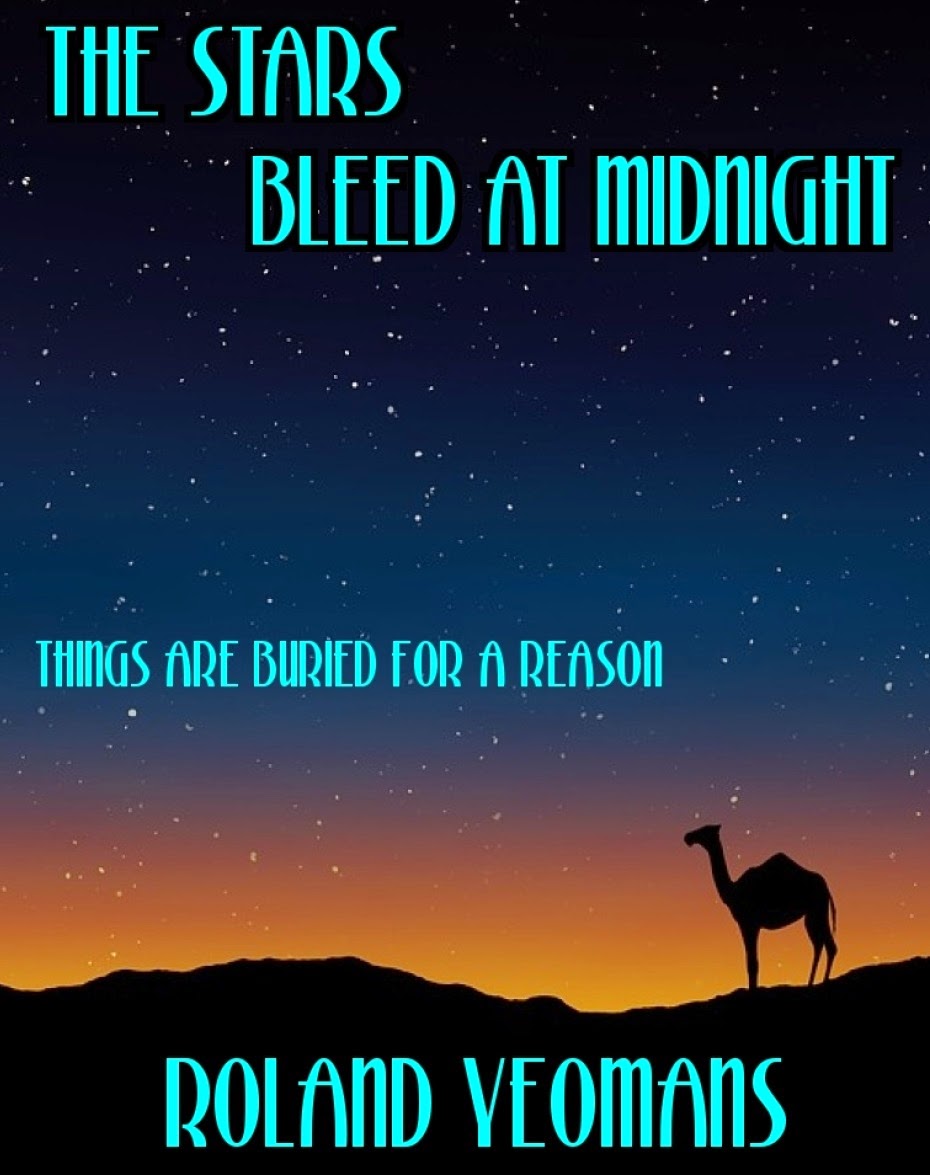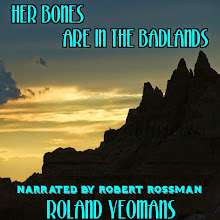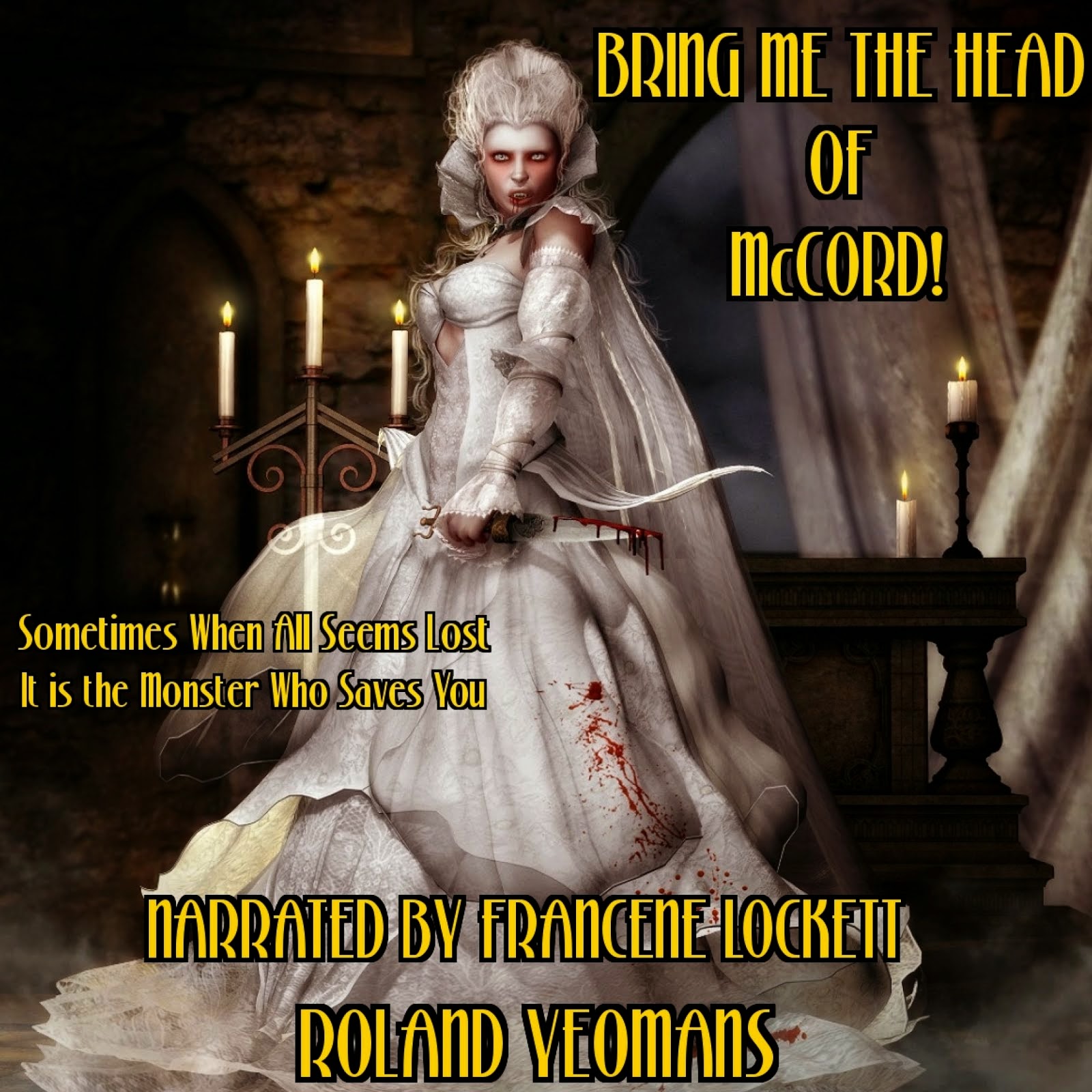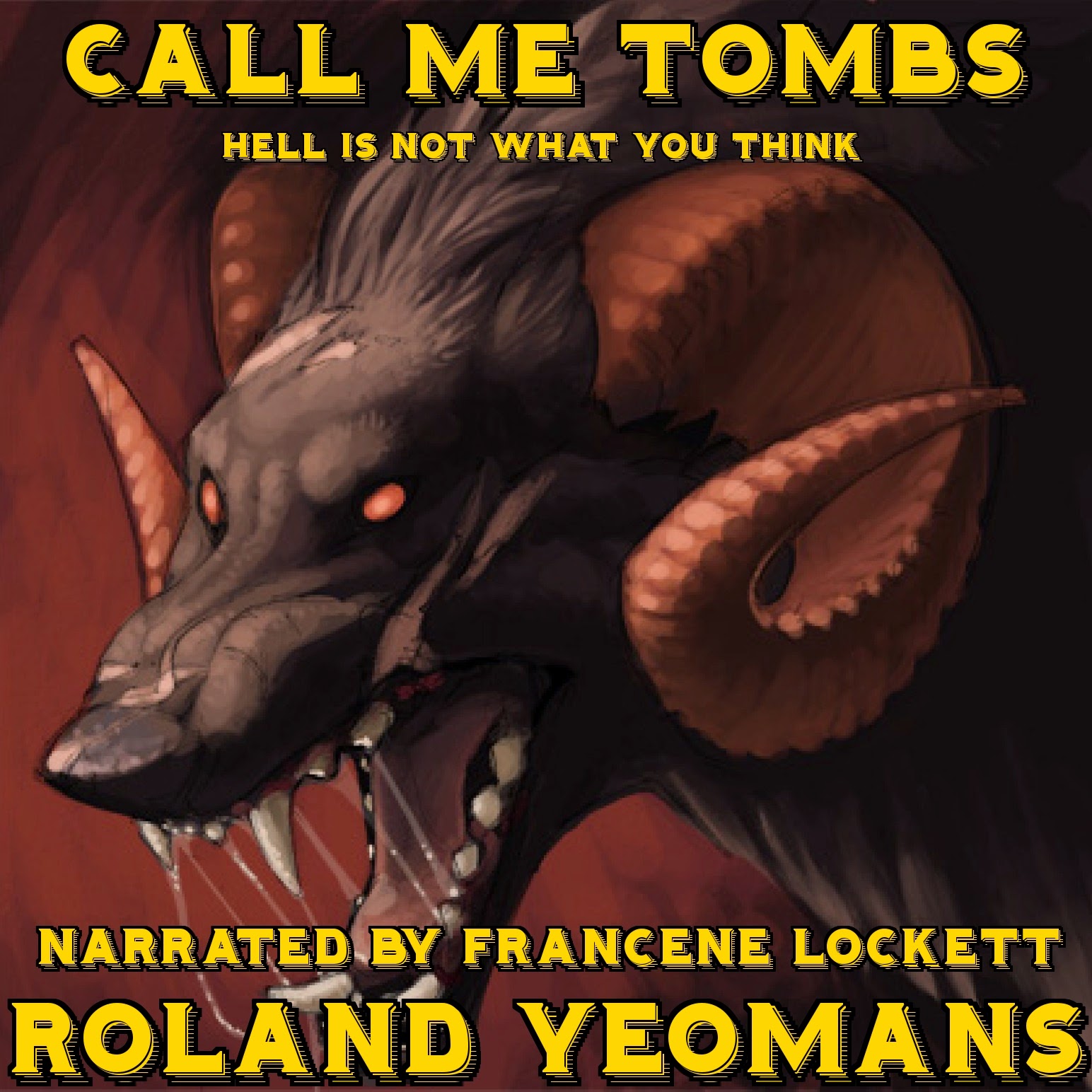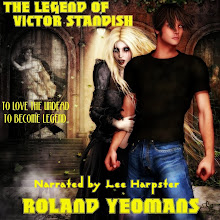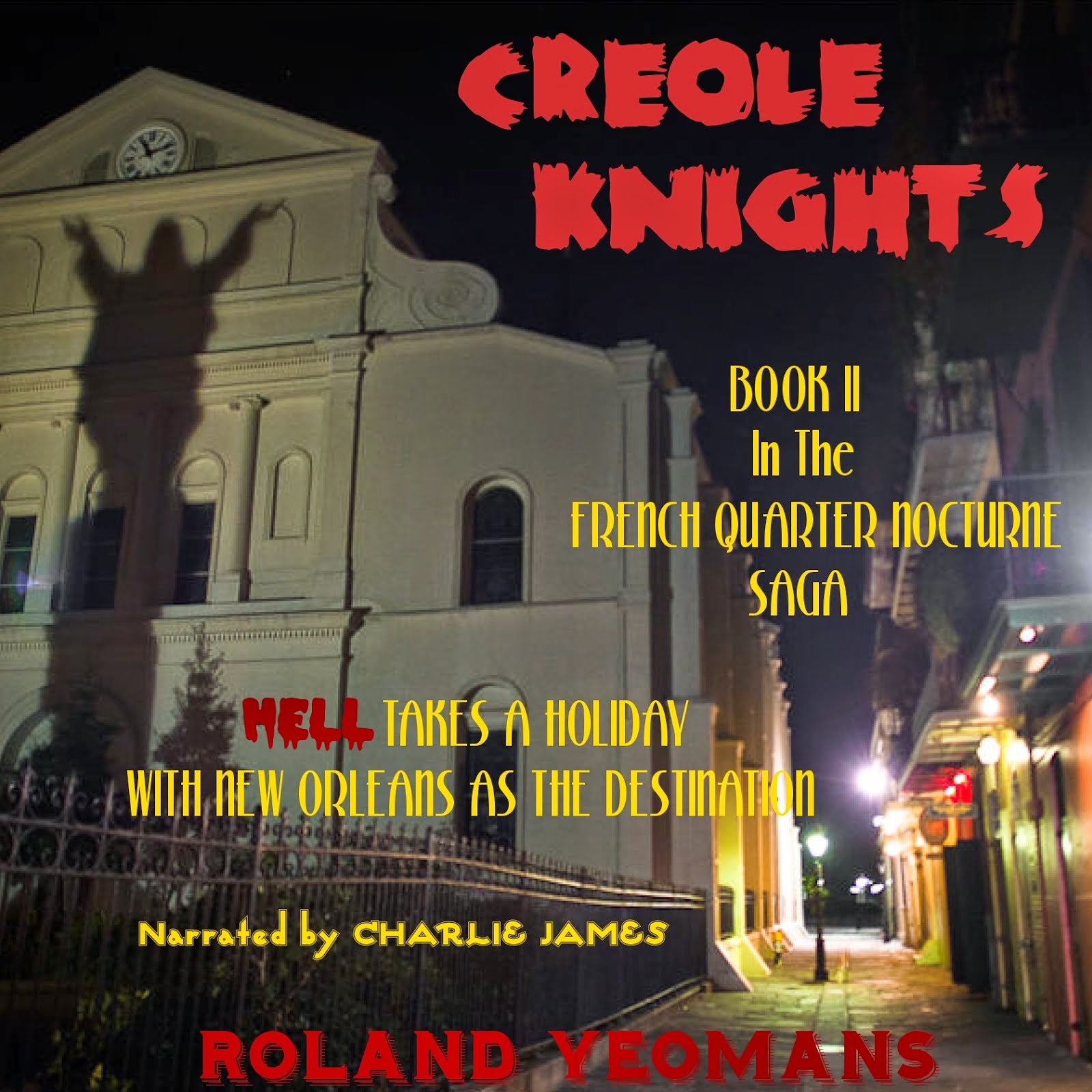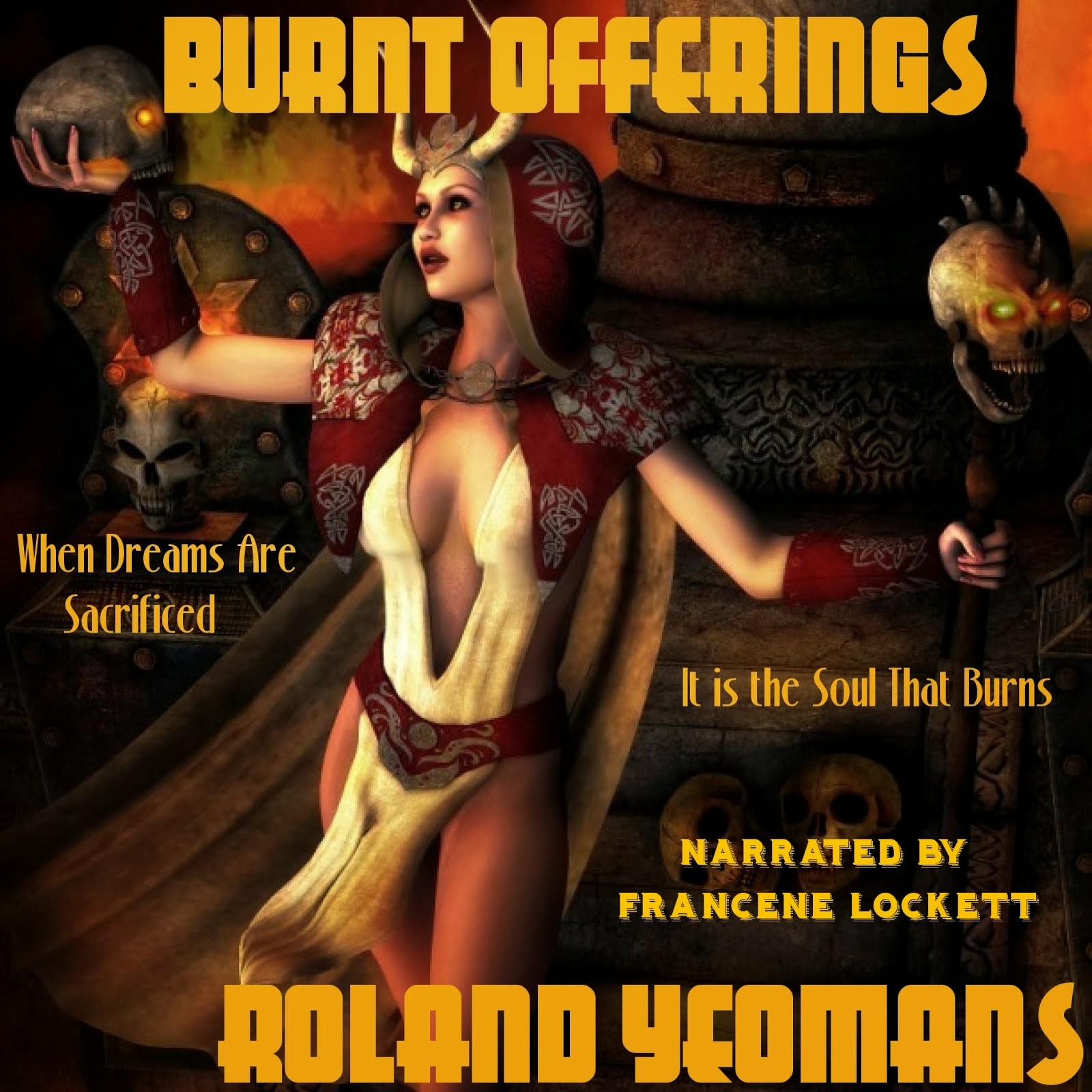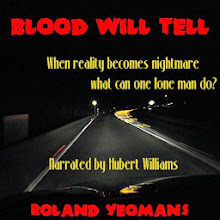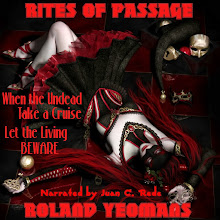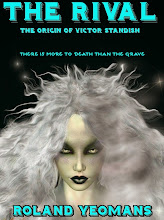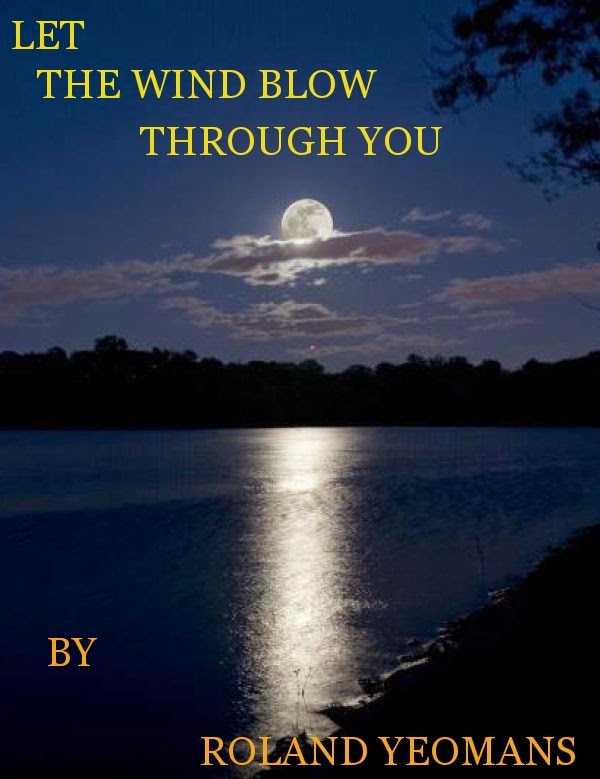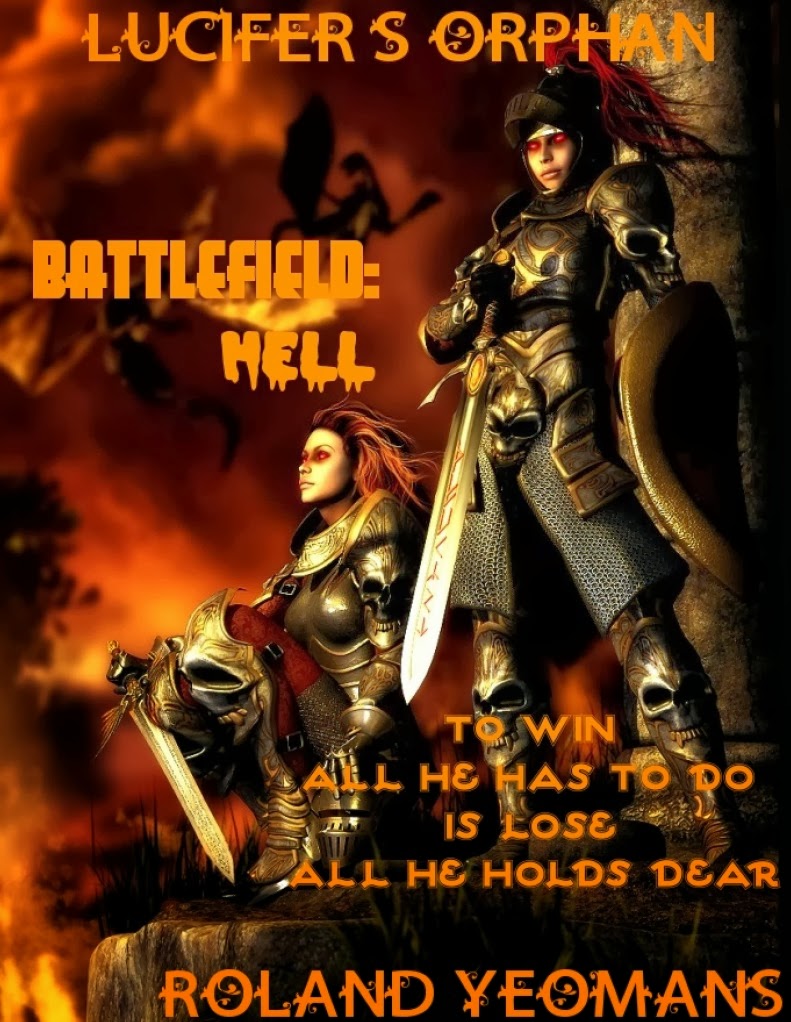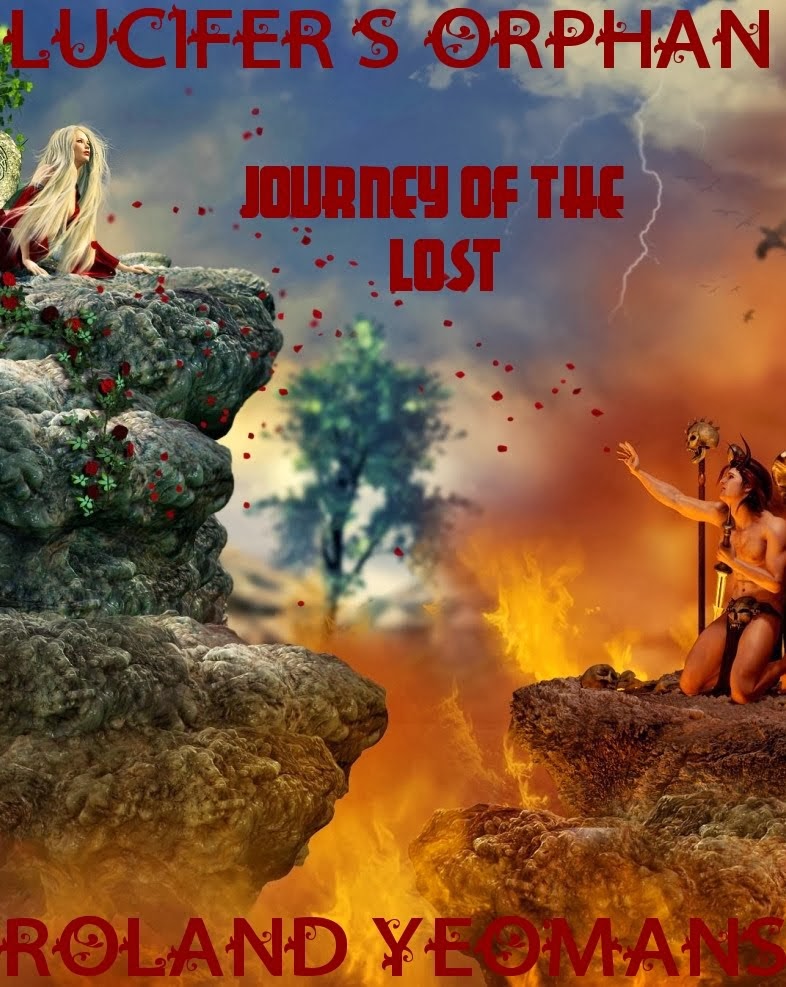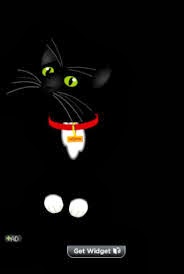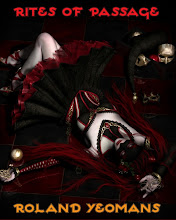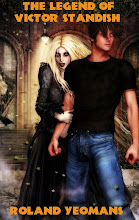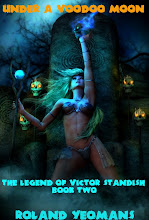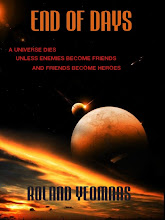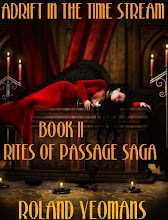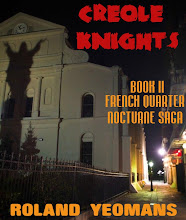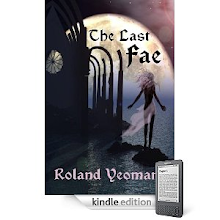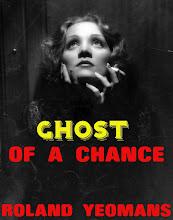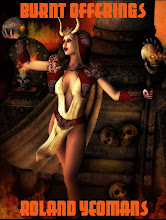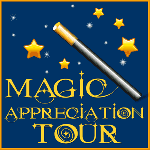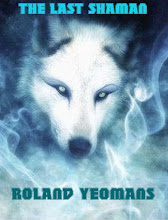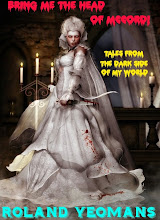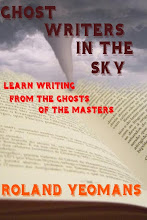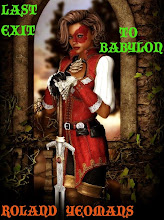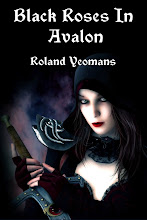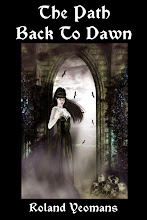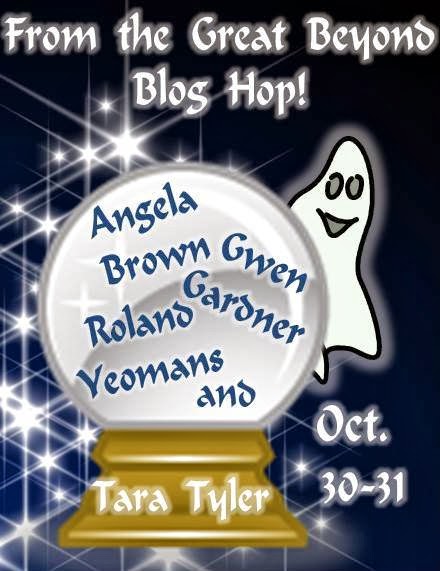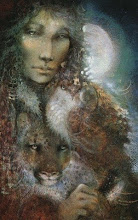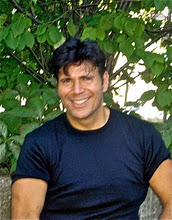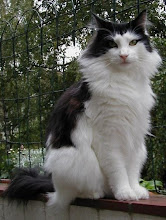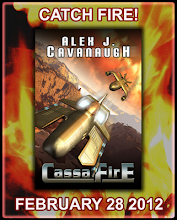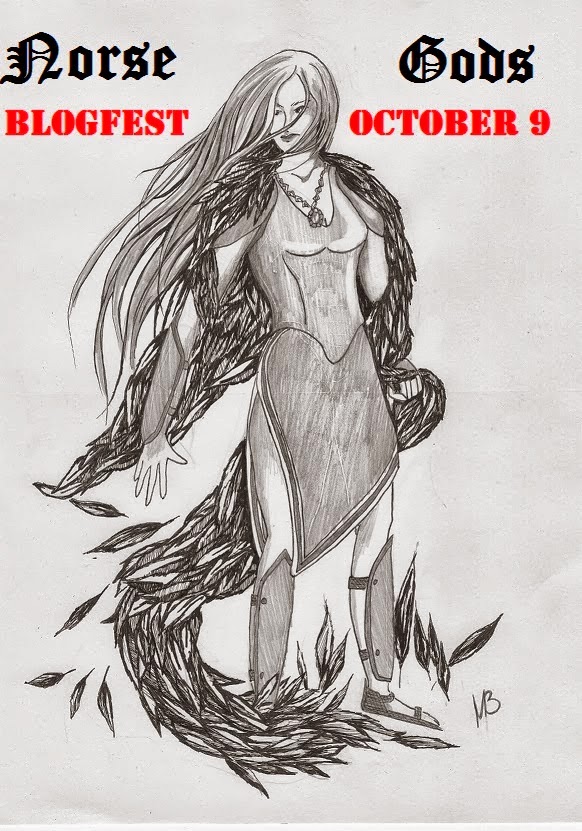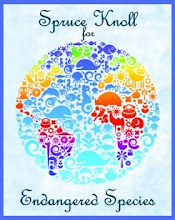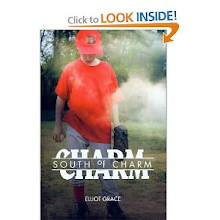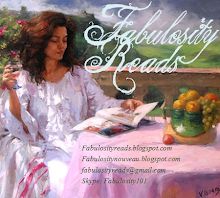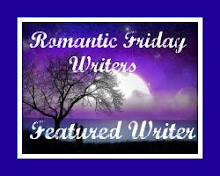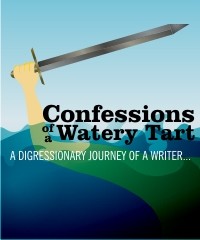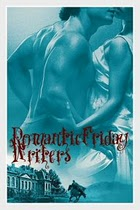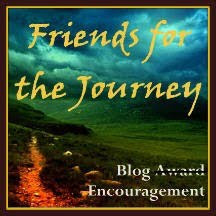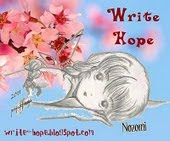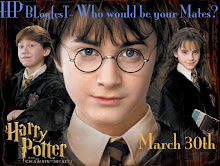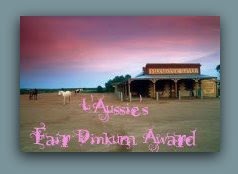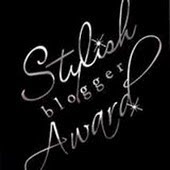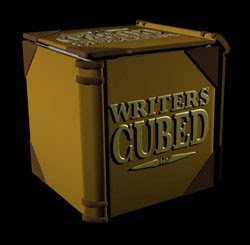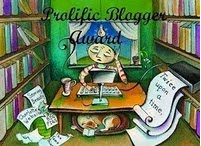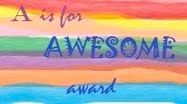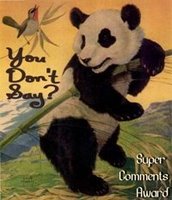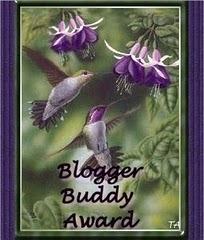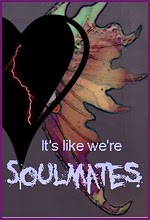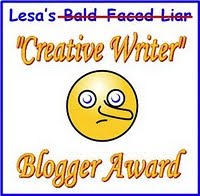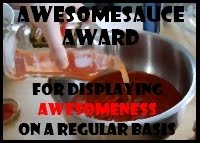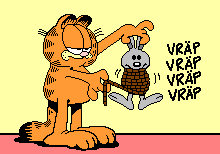
Winning by losing. But lose what? Now that depends upon what you want to win.
"If you wish to travel far, take off your envies, jealousies, unforgiveness, selfishness, and fears."
- Glenn Clark {THE THOUGHT FARTHEST OUT}
I would add but keep your sense of humor. What did Mark Twain write?
"Josh Billings defined the difference between humor and wit as that between the lightning bug and the lightning. Which brings to mind the man who receives a telegram telling him that his mother-in-law is dead and asking, 'Shall we embalm, bury, or cremate her?'
He wired back, 'If these fail, try dissection.'"
Win by losing. Win a better novel. By losing ...
1) Long sentences :
Hemingway hated long sentences. He said you tended to get lost amidst the tangle of adverbs. Say more by writing less.
2) Long paragraphs :
Hemingway was once mocked by a critic and challenged to tell a winning story in one paragraph. He wrote an entire story in only six words :
For sale : Baby shoes, never used.
3) Tired words.
Use vigorous words. Words that imply action, fear, pain. Words that involve your reader.
He pushed a boulder up the hill. {The ghost of Hemingway just winced.}
He sweated the boulder to the top of the hill. {Hemingway's ghost nodded but still frowned at me. Better but no cigar. Hey, I couldn't smoke a ghost's cigar anyway.}
4) Lose the negative :
Hemingway, not the most uplifting of souls, was still the best at this. How? He wrote what something was -- not what something wasn't.
Direct the reader's mind where you want. Using painless still focuses the mind on the concept 'pain.'
Instead of 'inexpensive' use 'economical.'
This software is error free. Ouch. This software is stable. Better.
5) Lose the shit :
“I write one page of masterpiece to ninety-one pages of shit,” Hemingway confided to F. Scott Fitzgerald in 1934.
“I try to put the shit in the wastebasket.”
6) Lose the frills :
William Somerset Maugham said his early writing was filled with self-consciousness and frills. He started writing well when he admitted his bad writing and cast aside the goal of fine writing.
"I decided to write bare. I had so much to say I could afford to waste no word. I set the impossible goal of using no adjectives at all. I used what I saw. My observing eye saw detail where others saw only vagueness.
I aim at lucidity, simplicity, and euphony. I state them in the order of their importance."
7) Lose the copy. Keep the original :
Raymond Chandler (The Big Sleep) wrote --
"The most durable thing in writing is style,and style is the most valuable investment a writer can make with his time. Your own style, not that of your writing inspiration"
This example of Raymond Chandler's hardboiled prose style has been drawn from the opening chapter of his 1939 novel, The Big Sleep:
It was about eleven o'clock in the morning, mid October, with the sun not shining and a look of hard wet rain in the clearness of the foothills. I was neat, clean, shaved, and sober, and I didn't care who knew it. I was everything the well-dressed private detective ought to be. I was calling on four million dollars.
The main hallway of the Sternwood Place was two stories high.
Over the entrance doors, which would have let in a troop of Indian elephants, there was a broad stained-glass panel showing a knight in dark armor rescuing a lady who was tied to a tree and didn't have any clothes on but some very long and convenient hair.
The knight had pushed the vizor of his helmet back to be sociable, and he was fiddling on the ropes that tied the lady to the tree and not getting anywhere. I stood there and thought that if I lived in the house, I would sooner or later have to climb up there and help him.
Compare and contrast Chandler's style with that of Ernest Hemingway in the excerpt from his story "In Another Country."
In the fall the war was always there, but we did not go to it any more. It was cold in the fall in Milan and the dark came very early. Then the electric lights came on, and it was pleasant along the streets looking in the windows.
There was much game hanging outside the shops, and the snow powdered in the fur of the foxes and the wind blew their tails. The deer hung stiff and heavy and empty, and small birds blew in the wind and the wind turned their feathers. It was a cold fall and the wind came down from the mountains.
***
Two styles. Neither one of them yours or mine. We must lose the copying of them and keep true to the voice within our own muse.
****
Winning by losing. Memorial Day is a day for reflecting on what we have won by losing the precious lives of the slain and the innocence of the survivors.
Are we the policemen of the world? Don't be so quick to answer. If we do not step in to help, who will? In all the world's major disasters, it is the American flag you will see flying over medical camps in unfriendly lands.
We help even our enemies. We are Americans. It is our way.
"If you wish to travel far, take off your envies, jealousies, unforgiveness, selfishness, and fears."
- Glenn Clark {THE THOUGHT FARTHEST OUT}
I would add but keep your sense of humor. What did Mark Twain write?
"Josh Billings defined the difference between humor and wit as that between the lightning bug and the lightning. Which brings to mind the man who receives a telegram telling him that his mother-in-law is dead and asking, 'Shall we embalm, bury, or cremate her?'
He wired back, 'If these fail, try dissection.'"
Win by losing. Win a better novel. By losing ...
1) Long sentences :
Hemingway hated long sentences. He said you tended to get lost amidst the tangle of adverbs. Say more by writing less.
2) Long paragraphs :
Hemingway was once mocked by a critic and challenged to tell a winning story in one paragraph. He wrote an entire story in only six words :
For sale : Baby shoes, never used.
3) Tired words.
Use vigorous words. Words that imply action, fear, pain. Words that involve your reader.
He pushed a boulder up the hill. {The ghost of Hemingway just winced.}
He sweated the boulder to the top of the hill. {Hemingway's ghost nodded but still frowned at me. Better but no cigar. Hey, I couldn't smoke a ghost's cigar anyway.}
4) Lose the negative :
Hemingway, not the most uplifting of souls, was still the best at this. How? He wrote what something was -- not what something wasn't.
Direct the reader's mind where you want. Using painless still focuses the mind on the concept 'pain.'
Instead of 'inexpensive' use 'economical.'
This software is error free. Ouch. This software is stable. Better.
5) Lose the shit :
“I write one page of masterpiece to ninety-one pages of shit,” Hemingway confided to F. Scott Fitzgerald in 1934.
“I try to put the shit in the wastebasket.”
6) Lose the frills :
William Somerset Maugham said his early writing was filled with self-consciousness and frills. He started writing well when he admitted his bad writing and cast aside the goal of fine writing.
"I decided to write bare. I had so much to say I could afford to waste no word. I set the impossible goal of using no adjectives at all. I used what I saw. My observing eye saw detail where others saw only vagueness.
I aim at lucidity, simplicity, and euphony. I state them in the order of their importance."
7) Lose the copy. Keep the original :
Raymond Chandler (The Big Sleep) wrote --
"The most durable thing in writing is style,and style is the most valuable investment a writer can make with his time. Your own style, not that of your writing inspiration"
This example of Raymond Chandler's hardboiled prose style has been drawn from the opening chapter of his 1939 novel, The Big Sleep:
It was about eleven o'clock in the morning, mid October, with the sun not shining and a look of hard wet rain in the clearness of the foothills. I was neat, clean, shaved, and sober, and I didn't care who knew it. I was everything the well-dressed private detective ought to be. I was calling on four million dollars.
The main hallway of the Sternwood Place was two stories high.
Over the entrance doors, which would have let in a troop of Indian elephants, there was a broad stained-glass panel showing a knight in dark armor rescuing a lady who was tied to a tree and didn't have any clothes on but some very long and convenient hair.
The knight had pushed the vizor of his helmet back to be sociable, and he was fiddling on the ropes that tied the lady to the tree and not getting anywhere. I stood there and thought that if I lived in the house, I would sooner or later have to climb up there and help him.
Compare and contrast Chandler's style with that of Ernest Hemingway in the excerpt from his story "In Another Country."
In the fall the war was always there, but we did not go to it any more. It was cold in the fall in Milan and the dark came very early. Then the electric lights came on, and it was pleasant along the streets looking in the windows.
There was much game hanging outside the shops, and the snow powdered in the fur of the foxes and the wind blew their tails. The deer hung stiff and heavy and empty, and small birds blew in the wind and the wind turned their feathers. It was a cold fall and the wind came down from the mountains.
***
Two styles. Neither one of them yours or mine. We must lose the copying of them and keep true to the voice within our own muse.
****
Winning by losing. Memorial Day is a day for reflecting on what we have won by losing the precious lives of the slain and the innocence of the survivors.
Are we the policemen of the world? Don't be so quick to answer. If we do not step in to help, who will? In all the world's major disasters, it is the American flag you will see flying over medical camps in unfriendly lands.
We help even our enemies. We are Americans. It is our way.








 In the beginning was the Word.
In the beginning was the Word.

